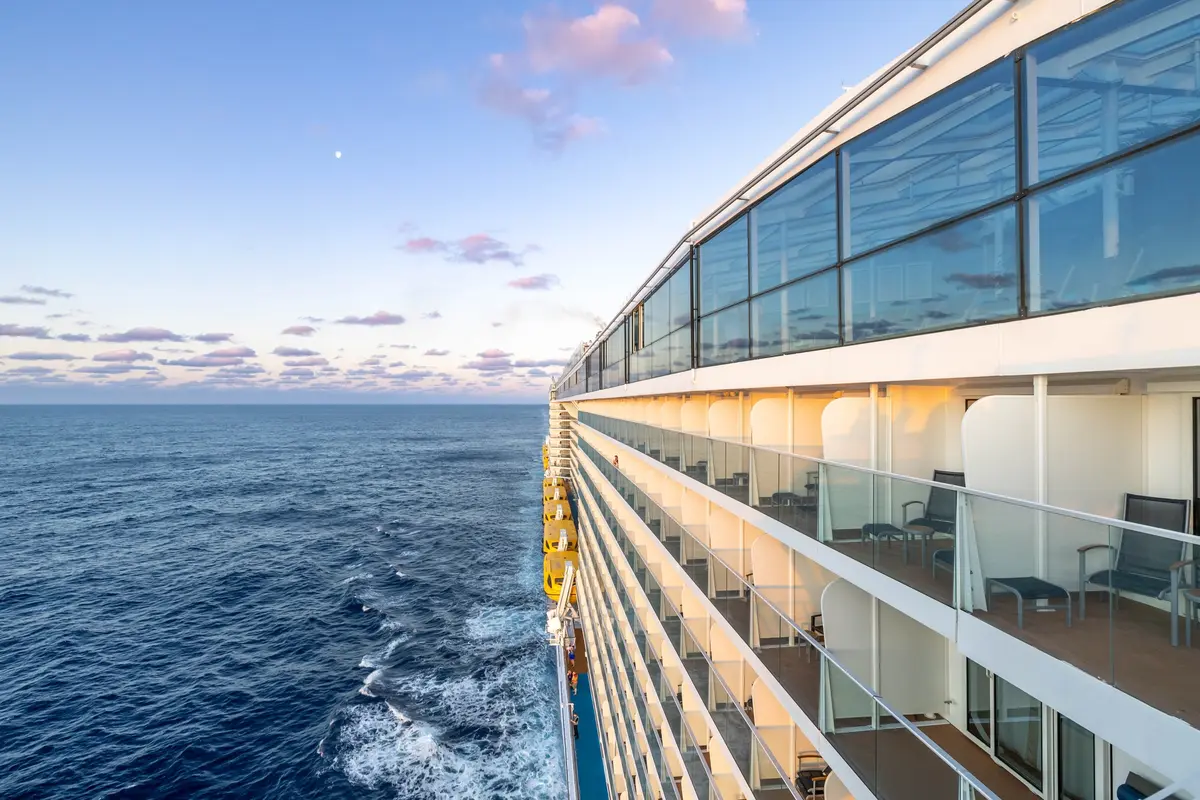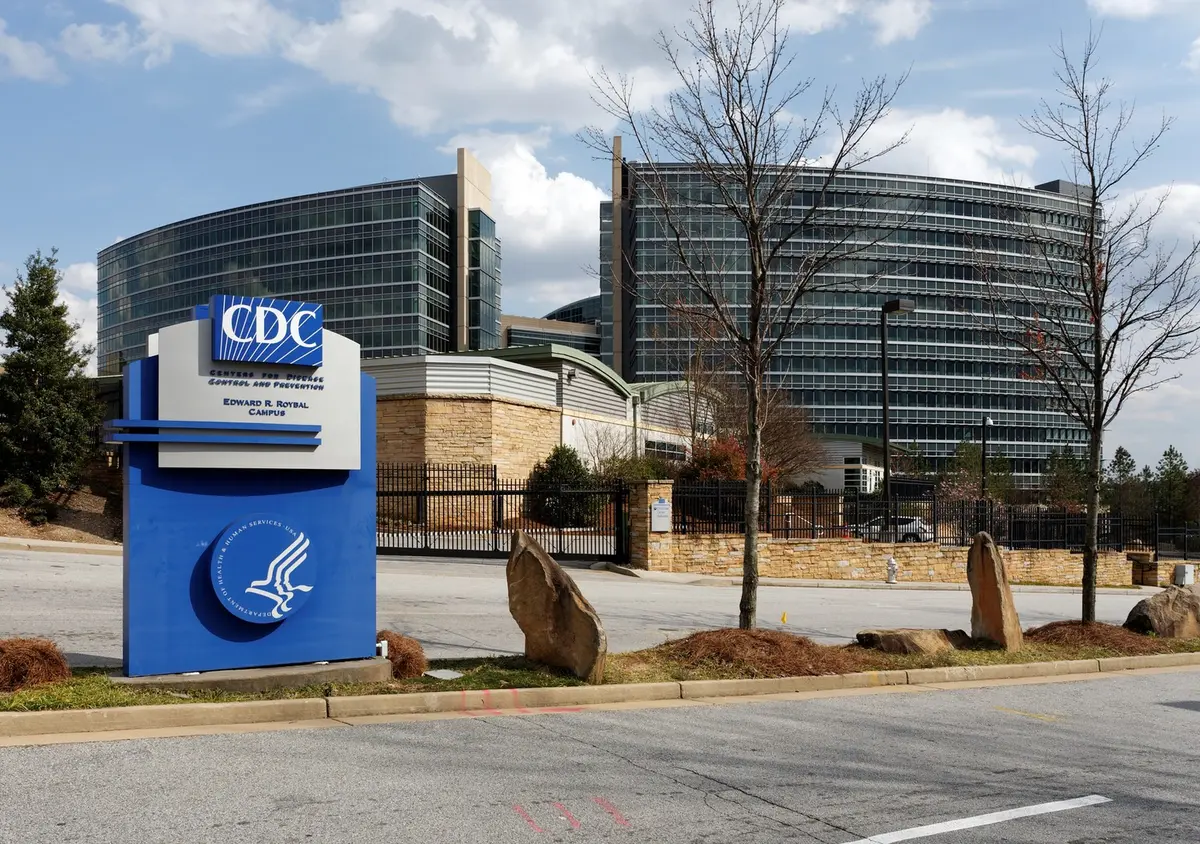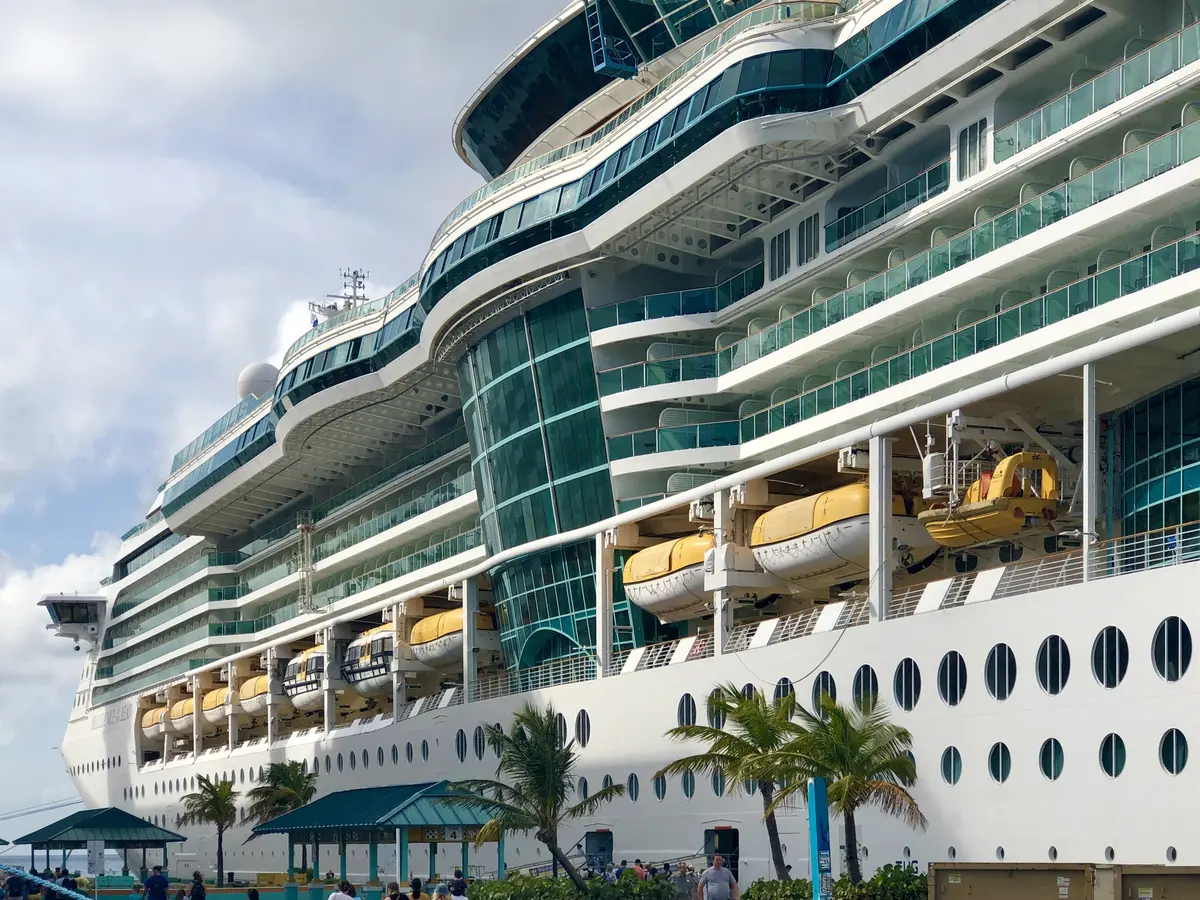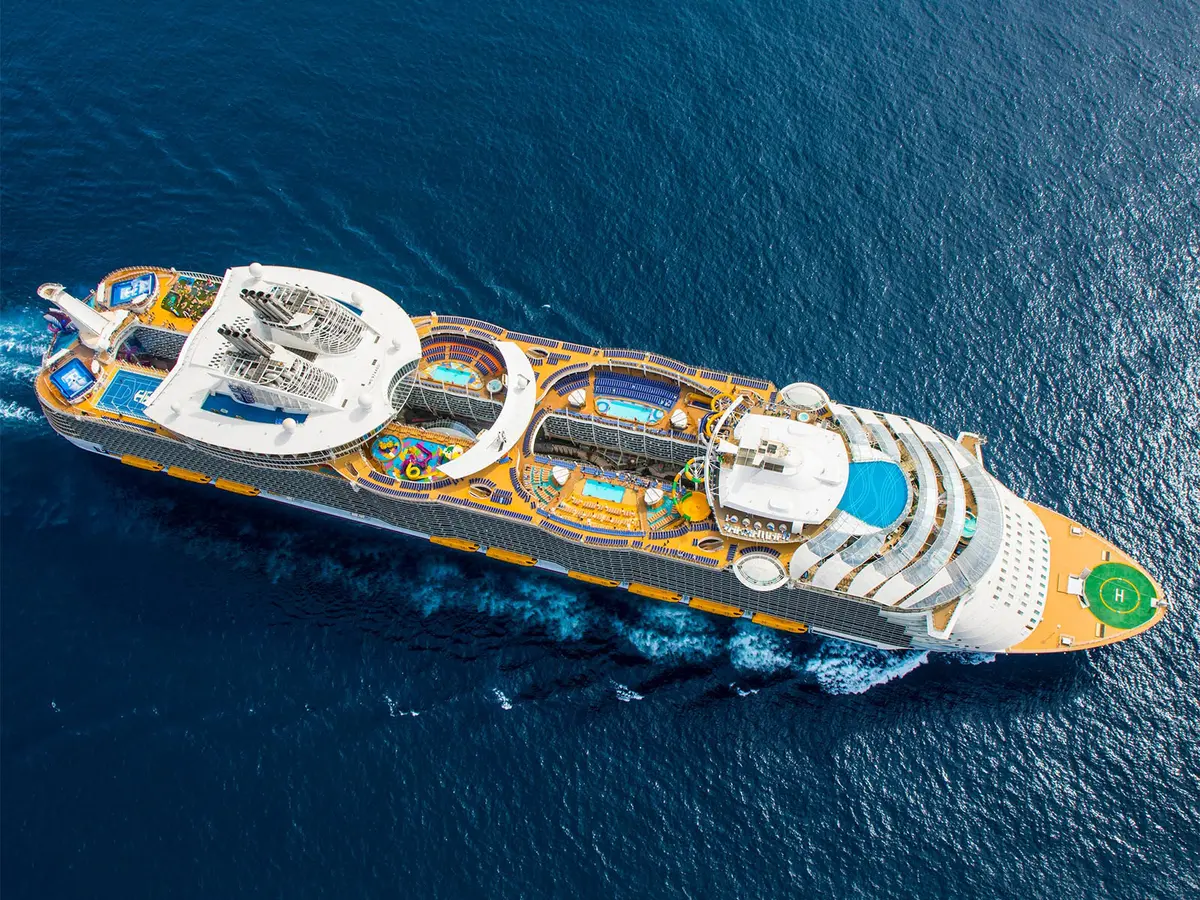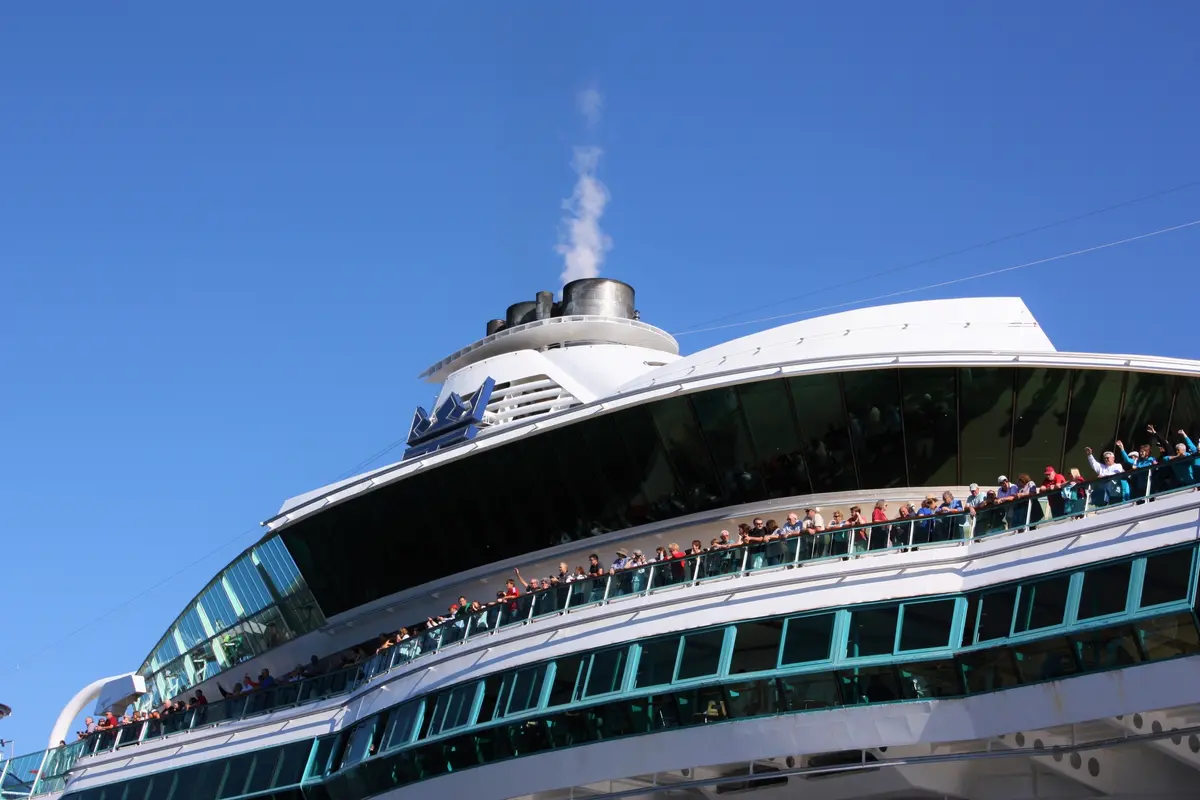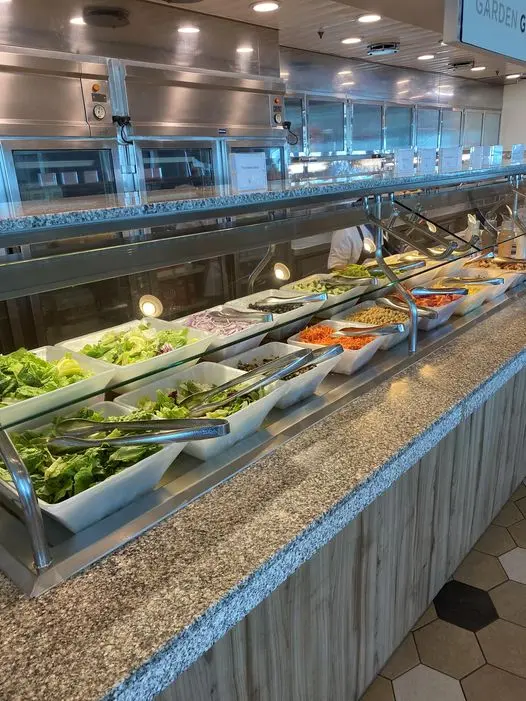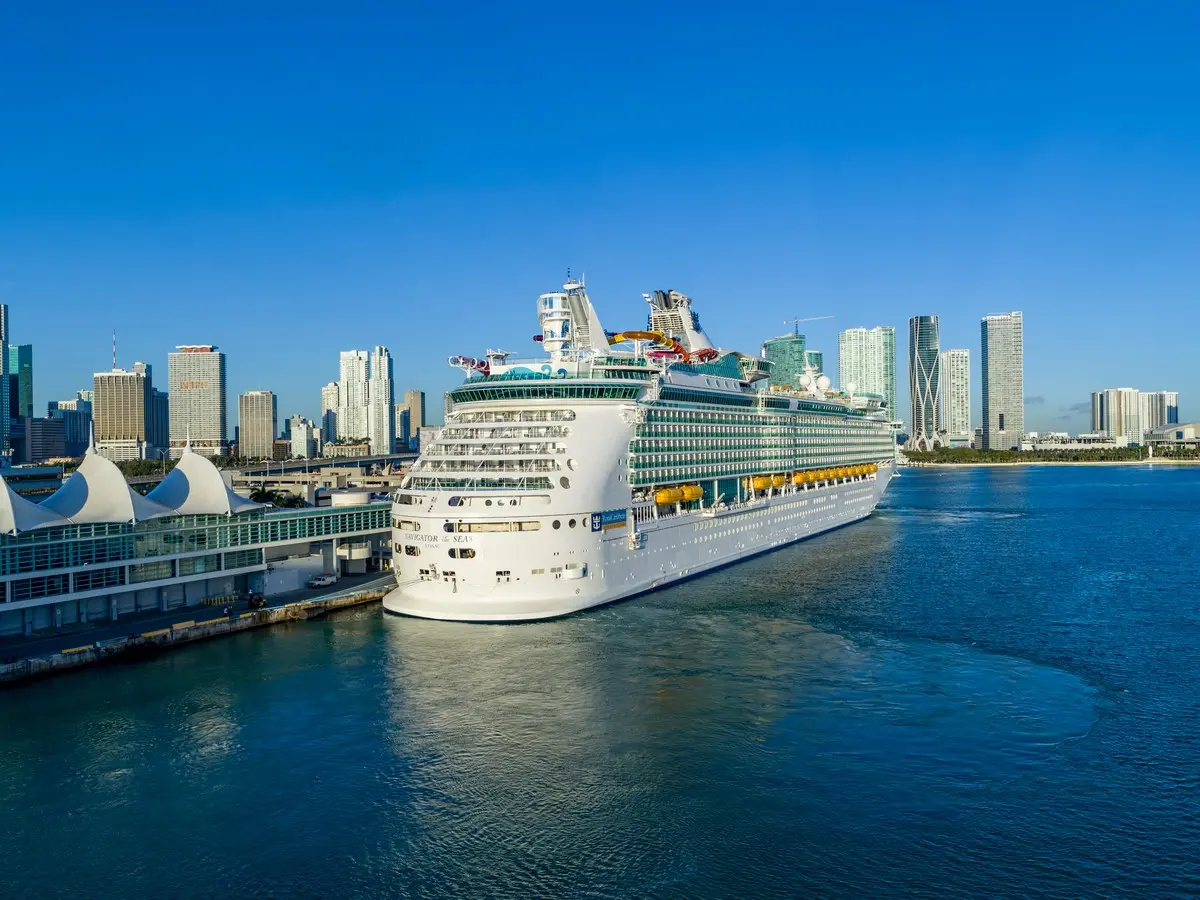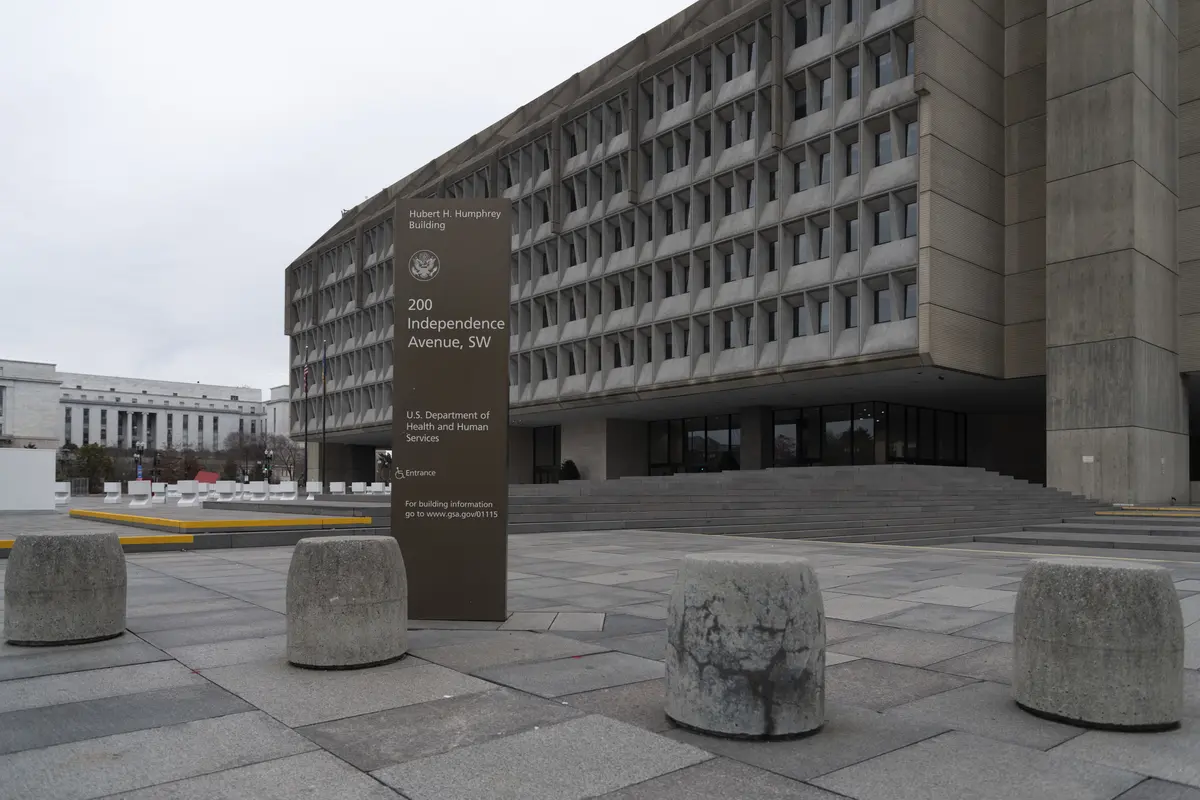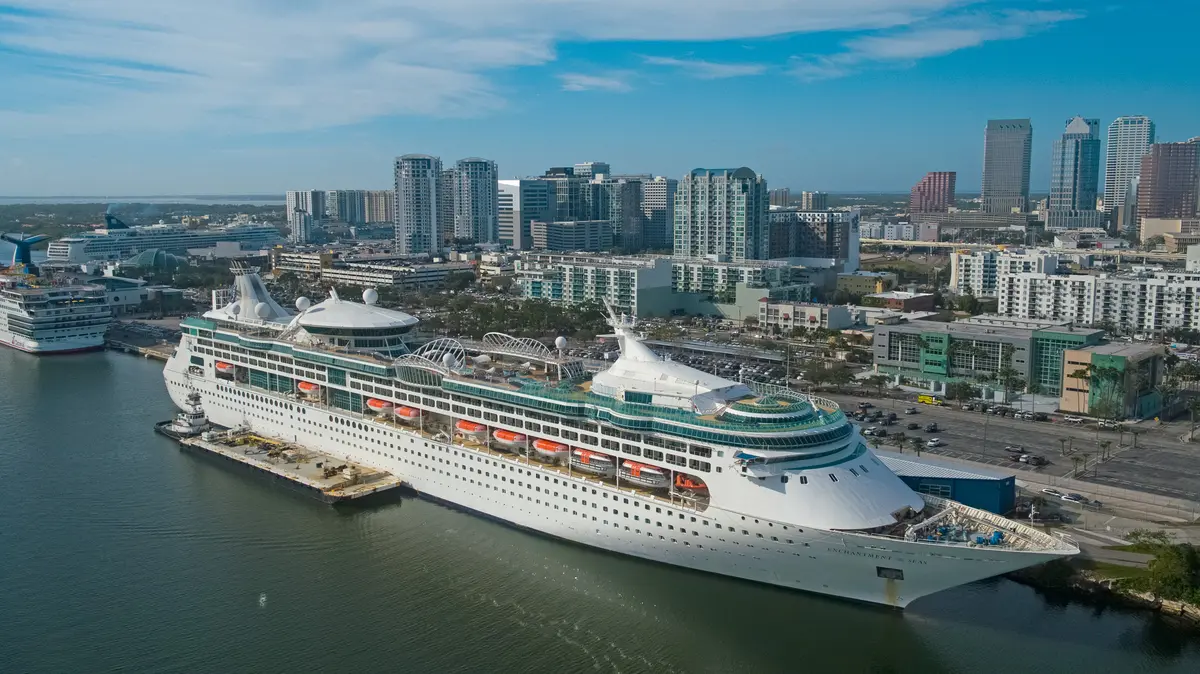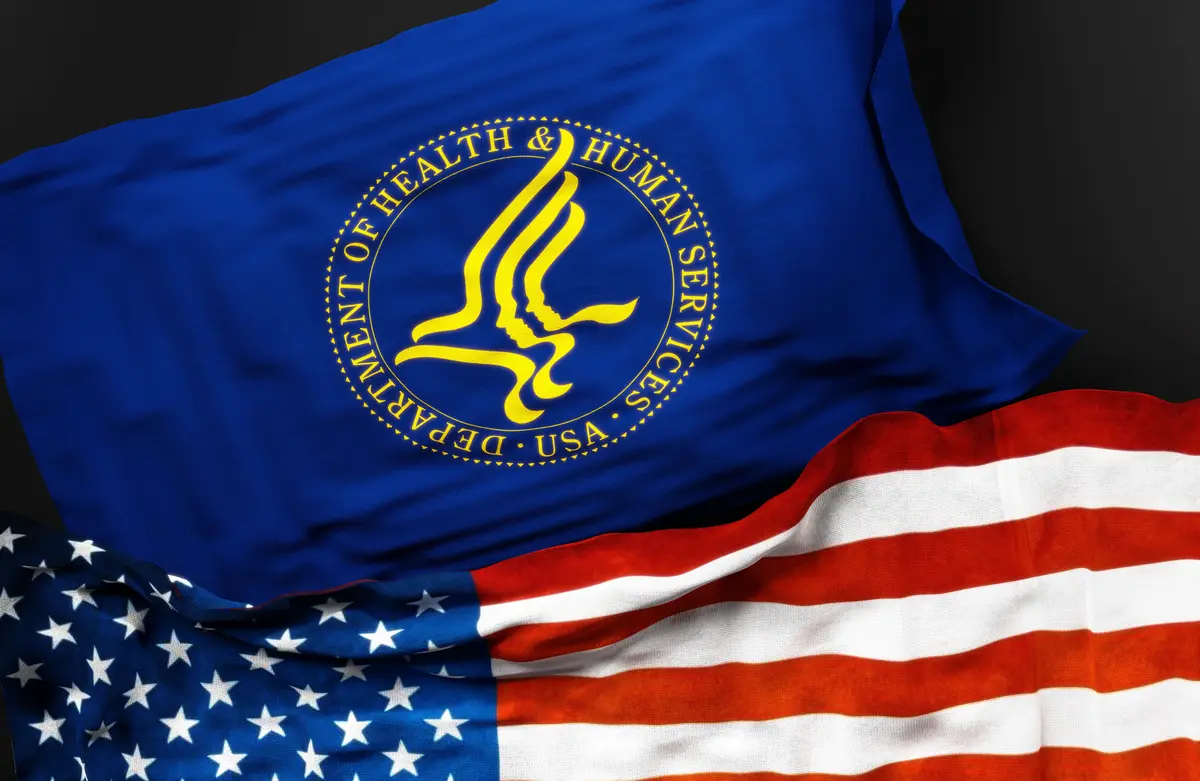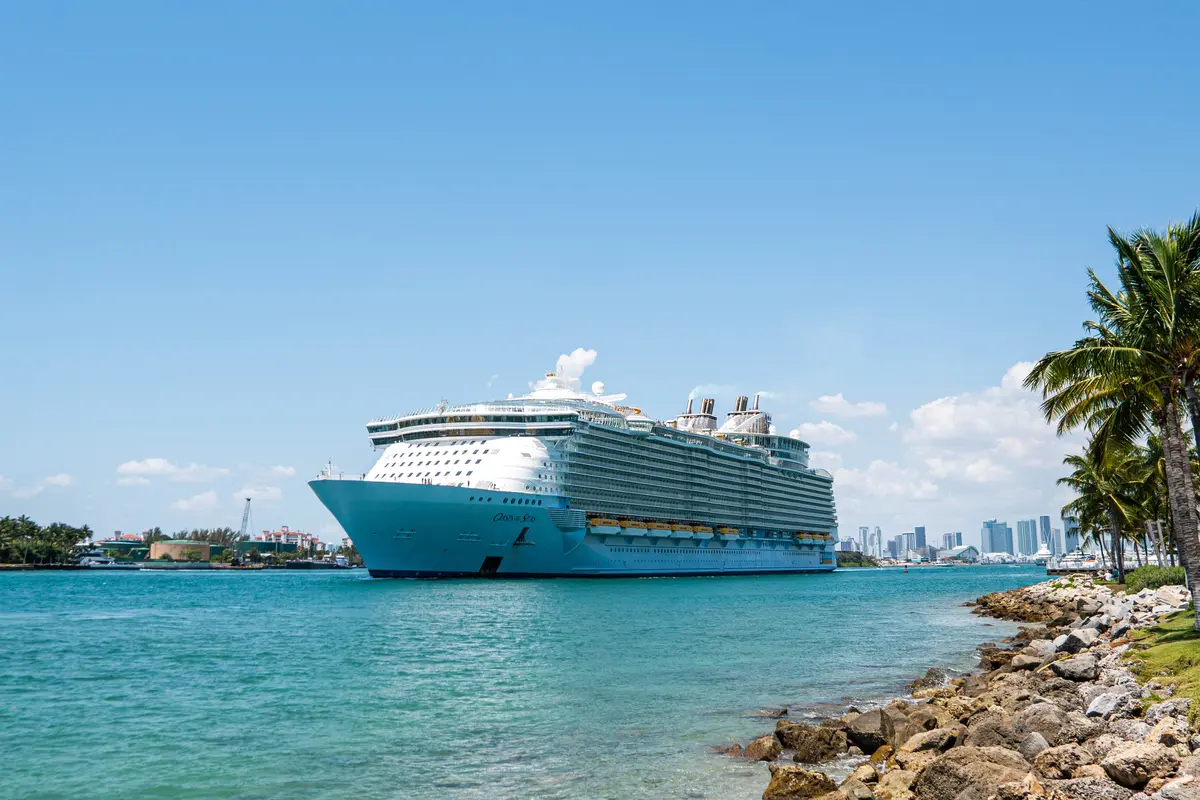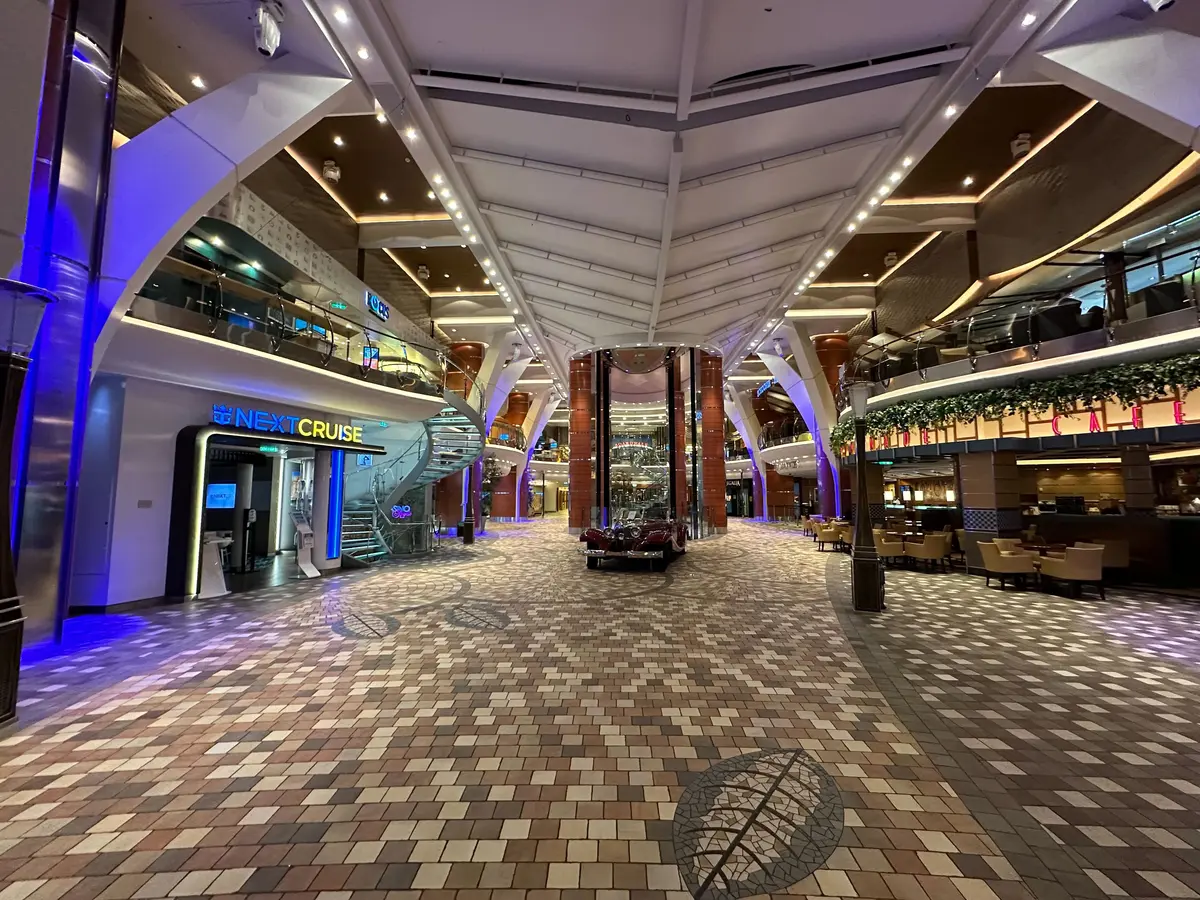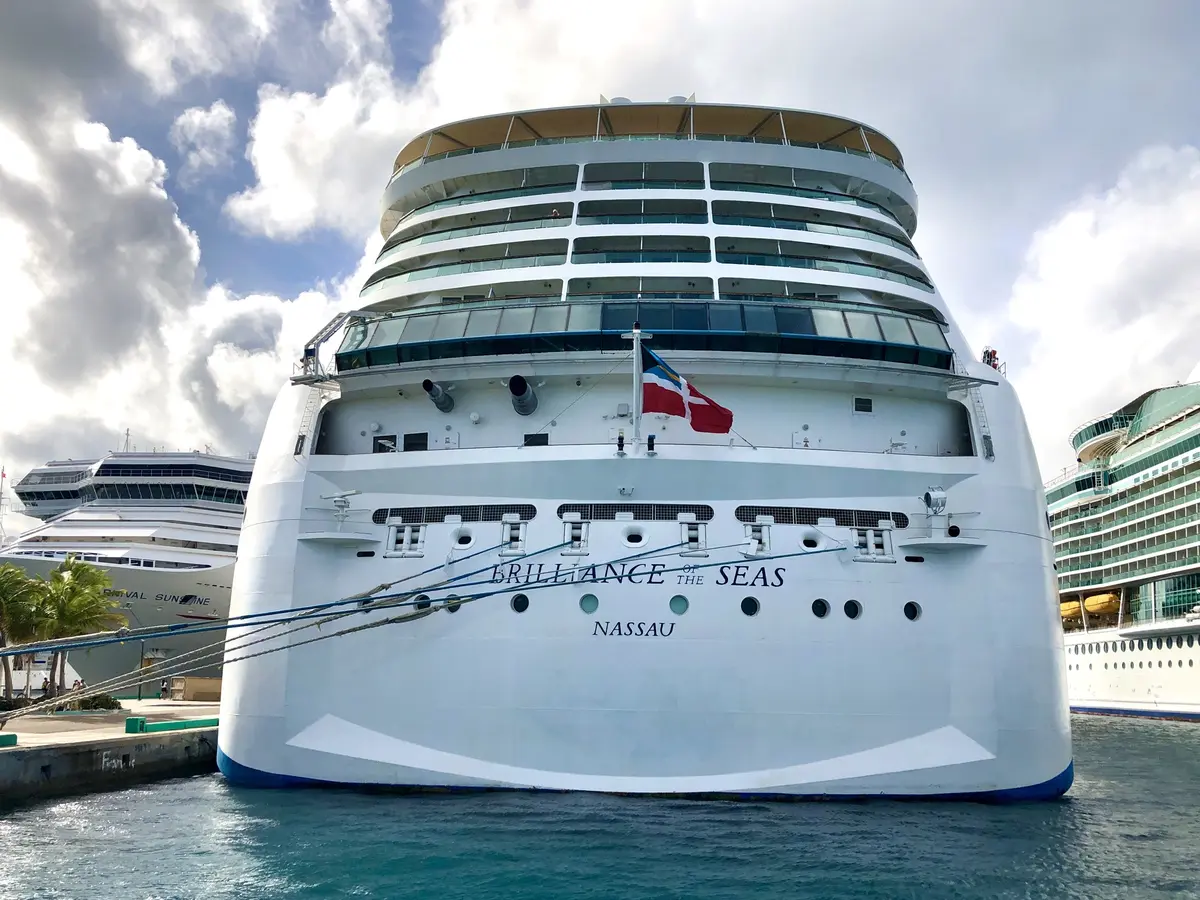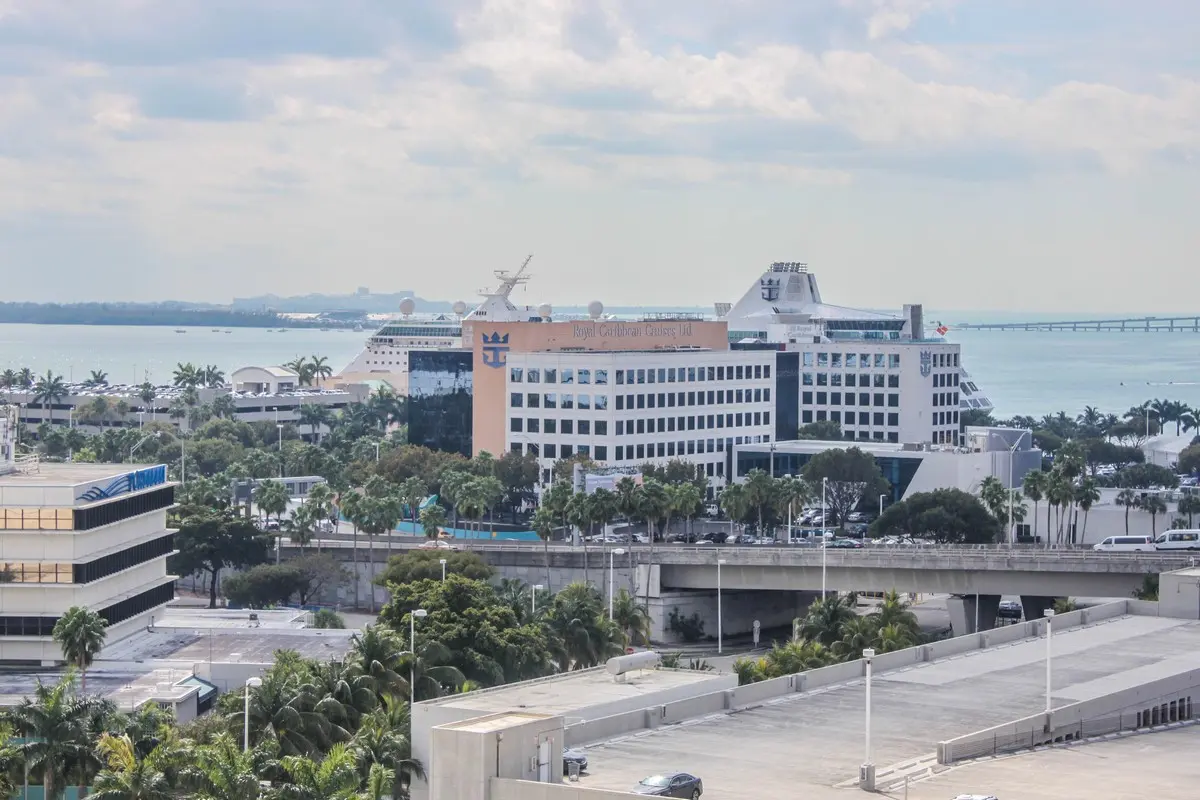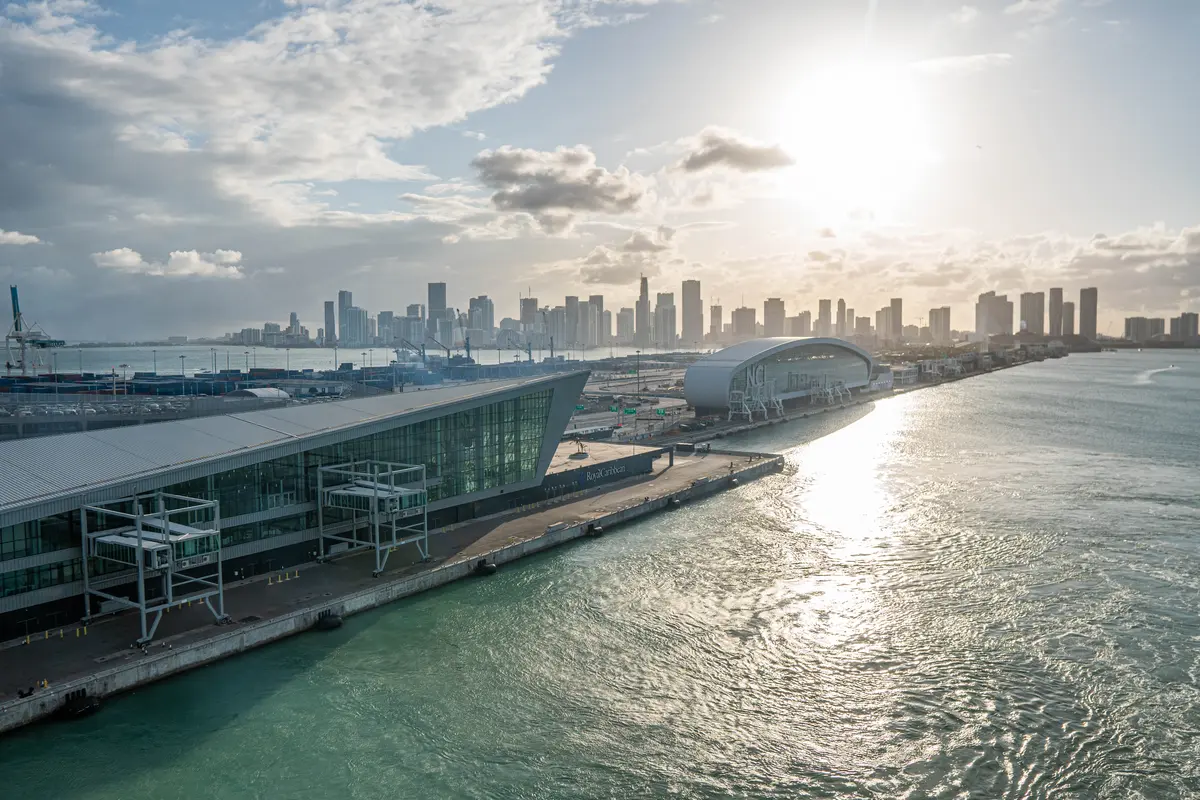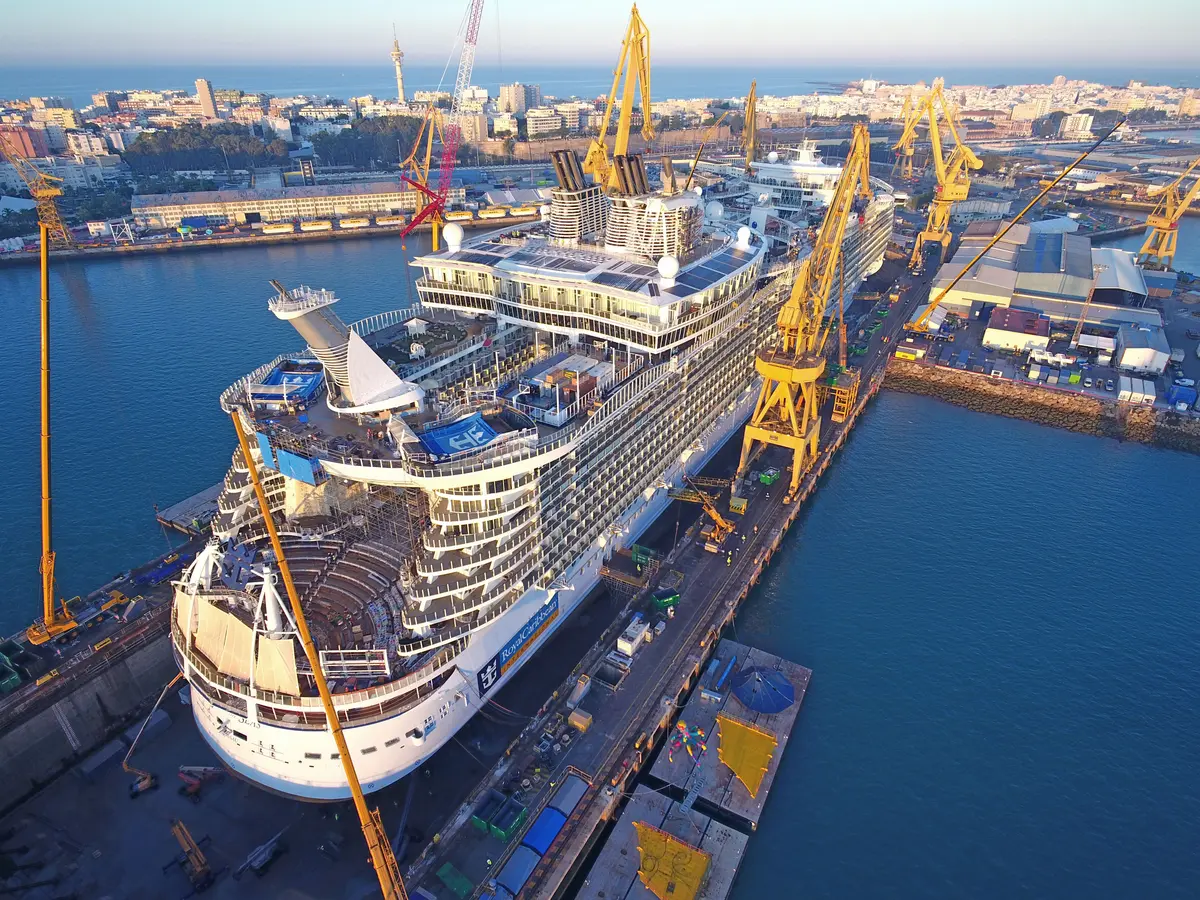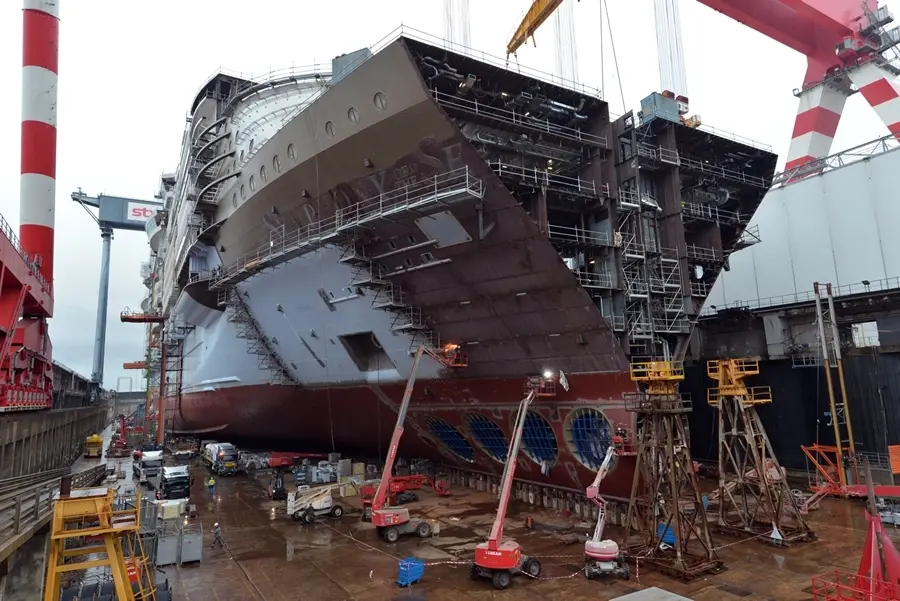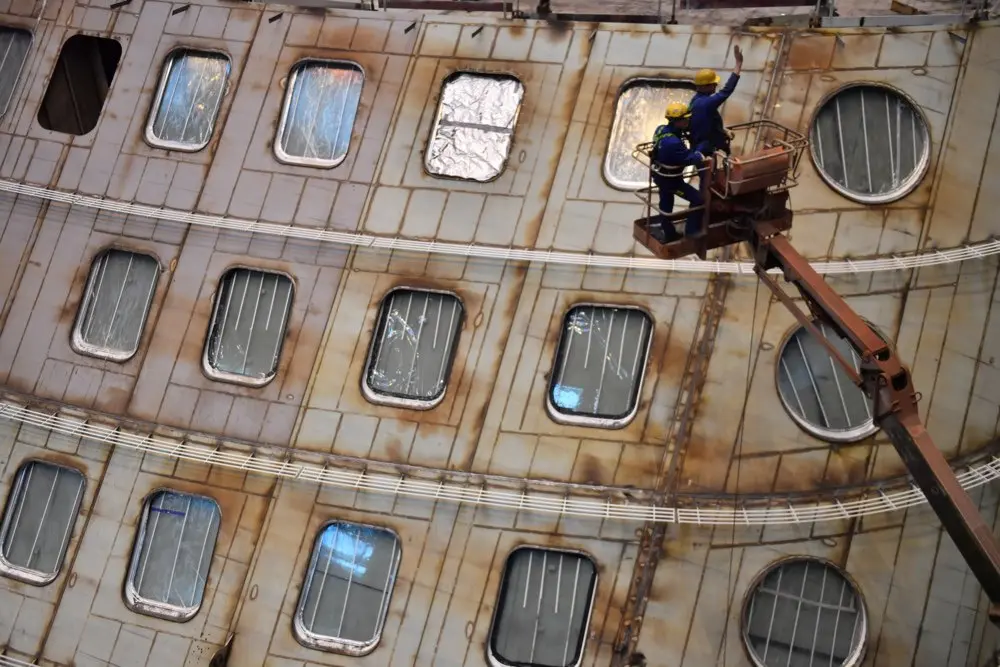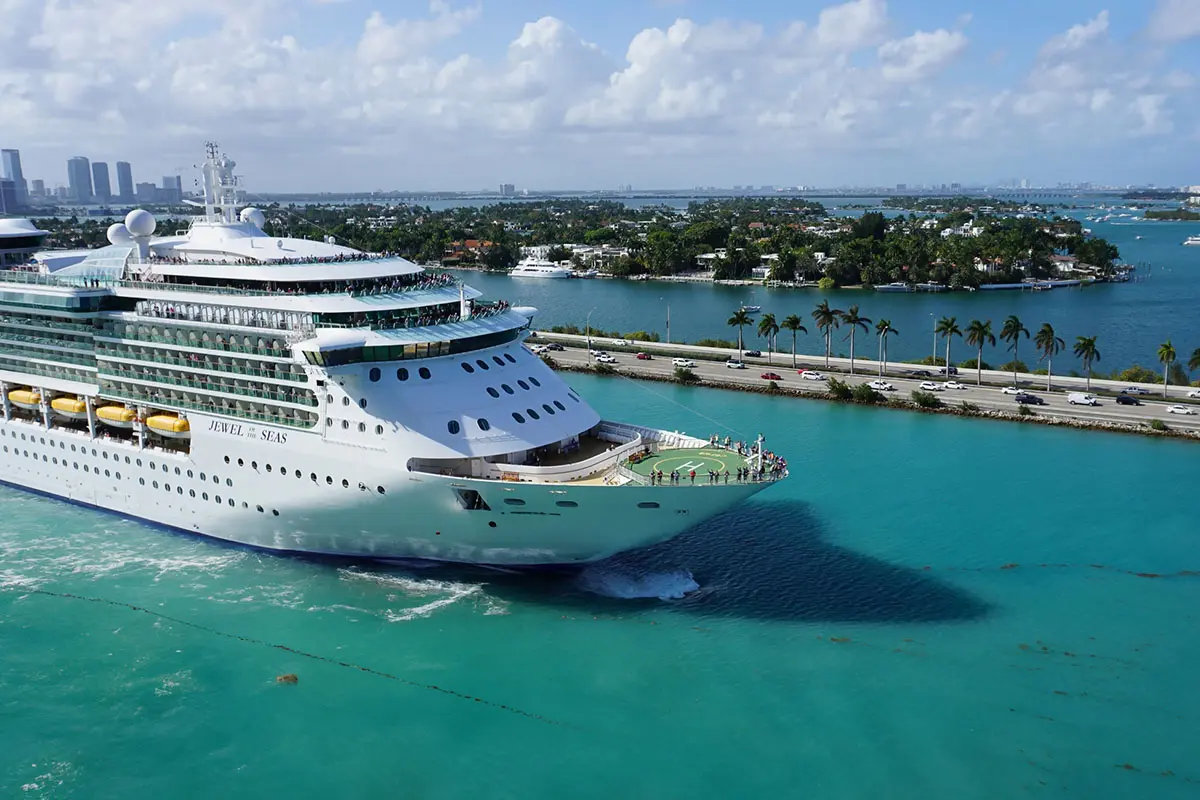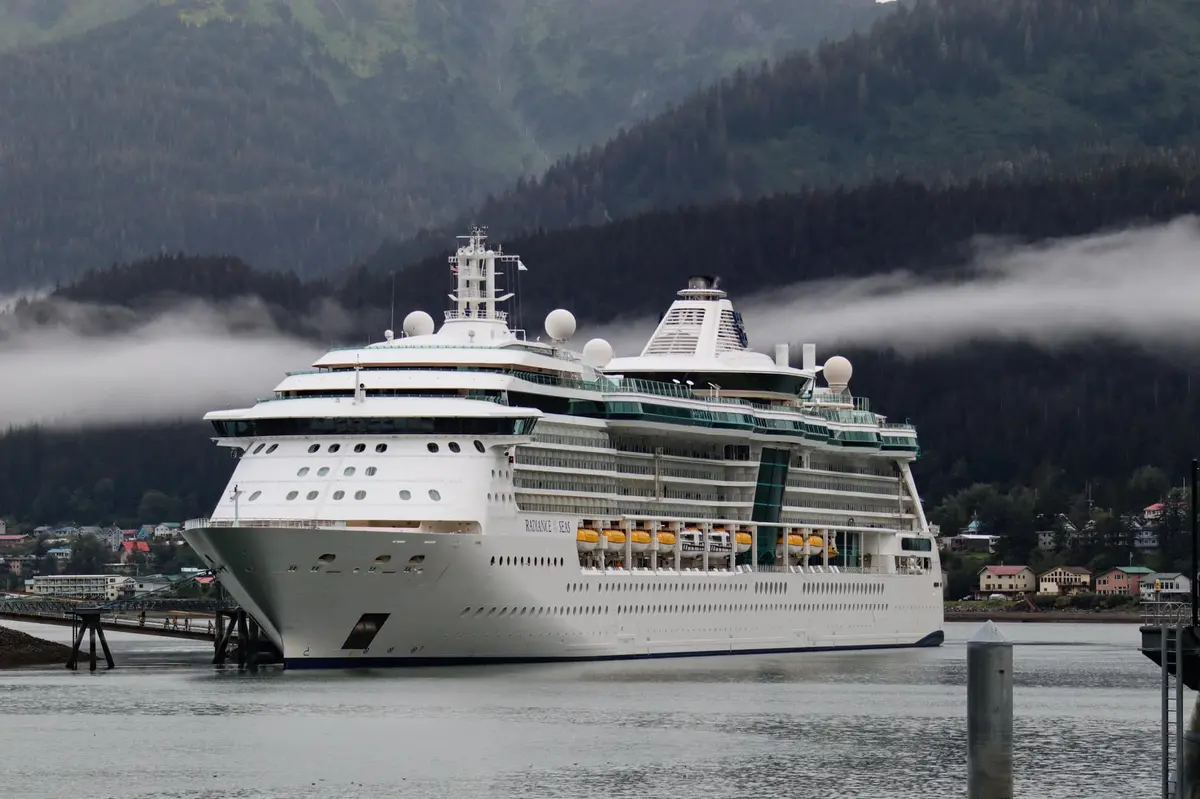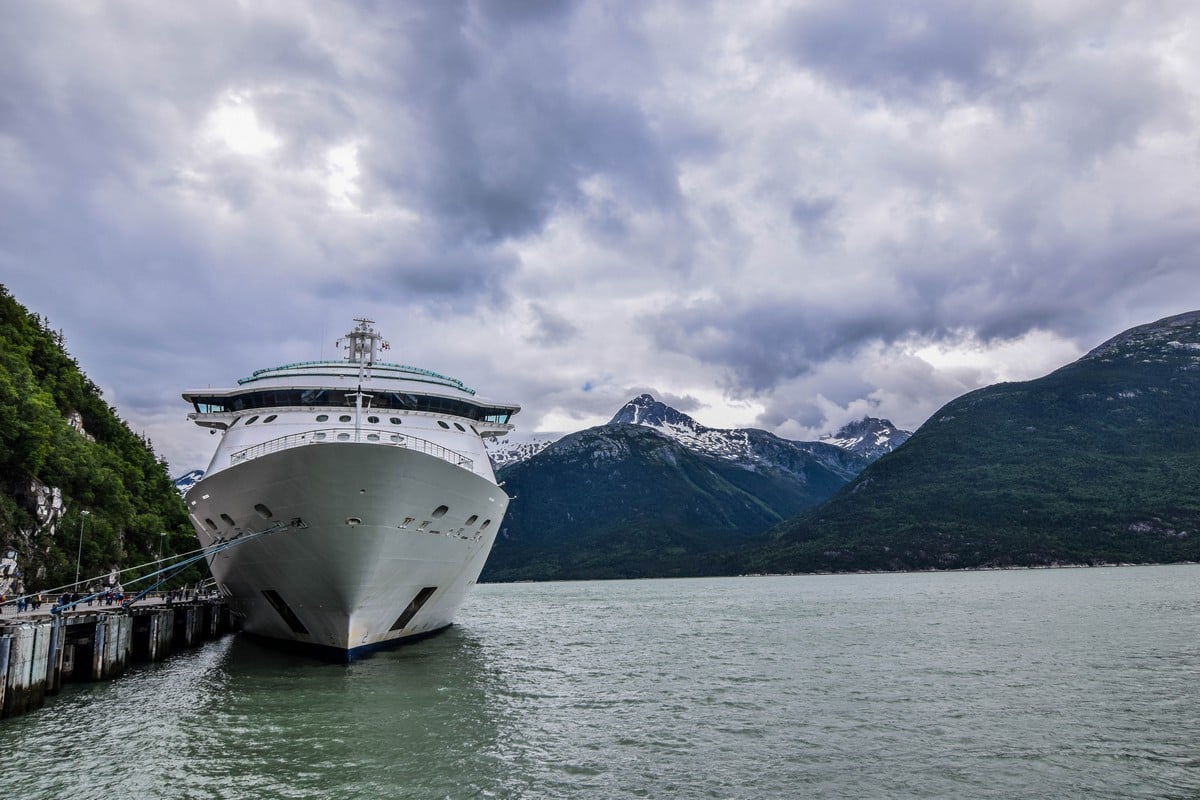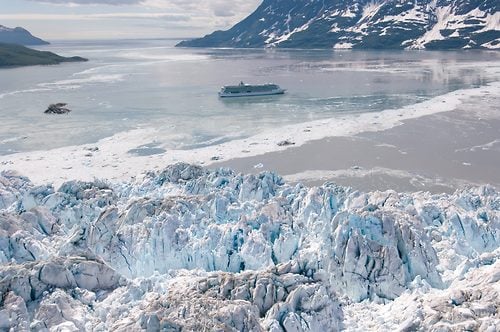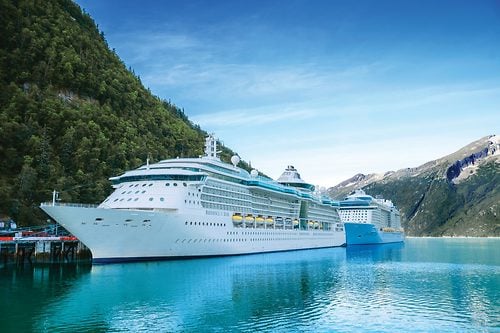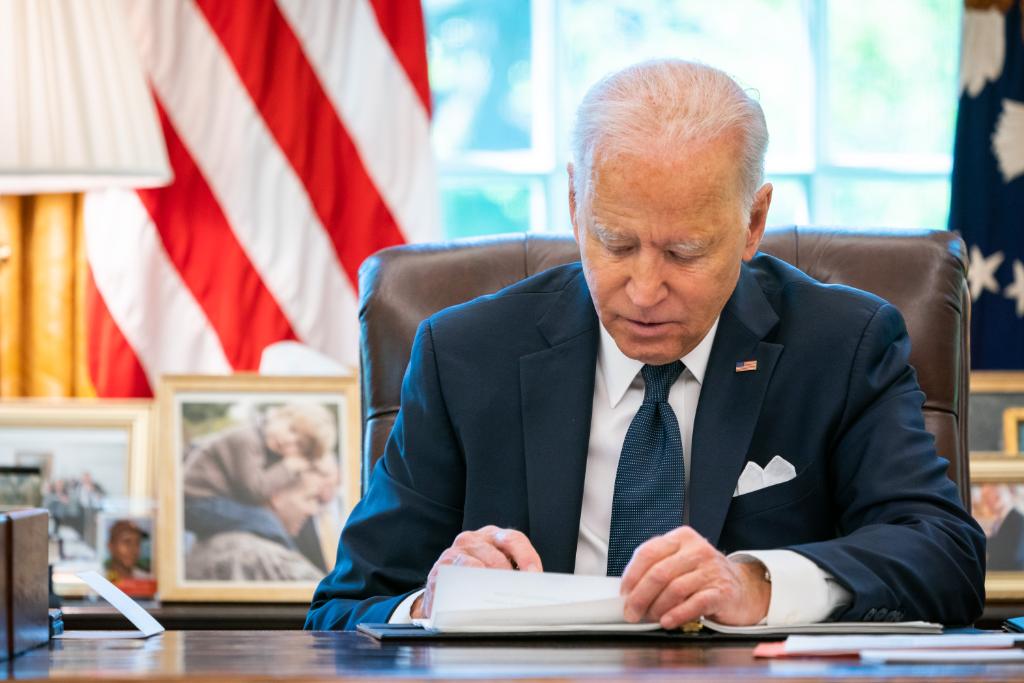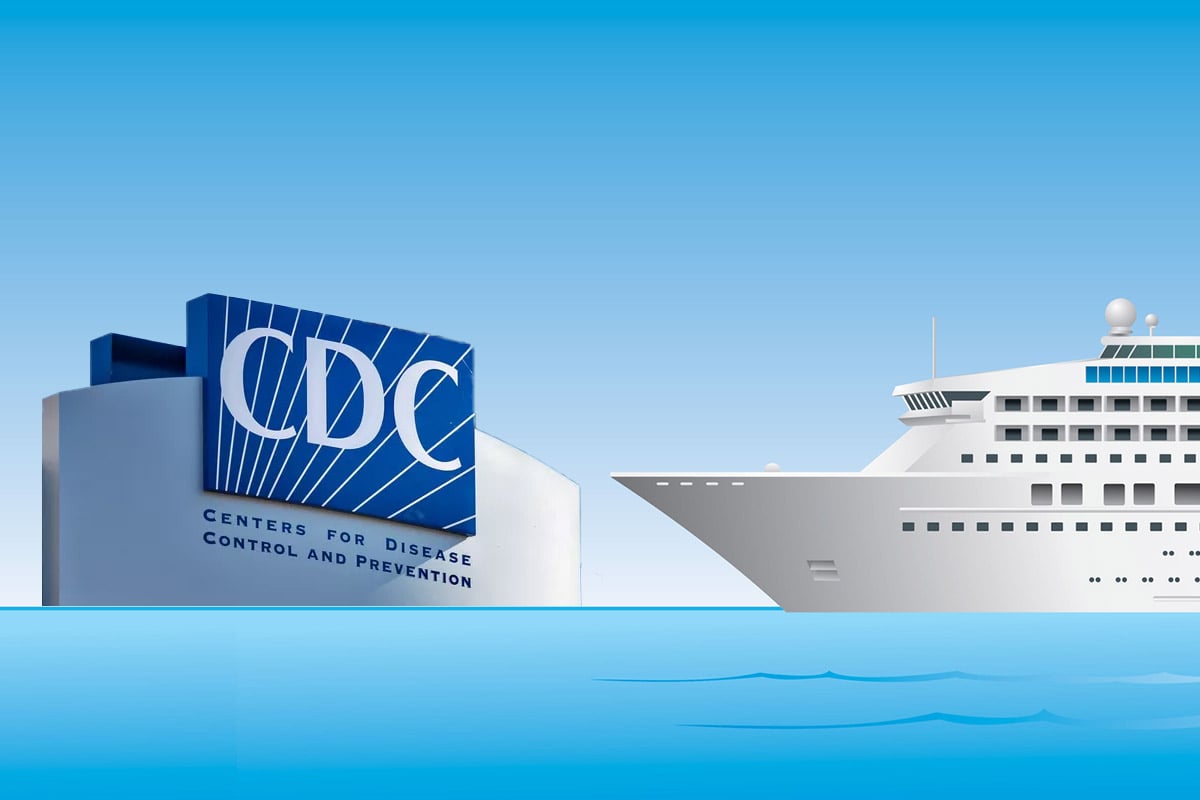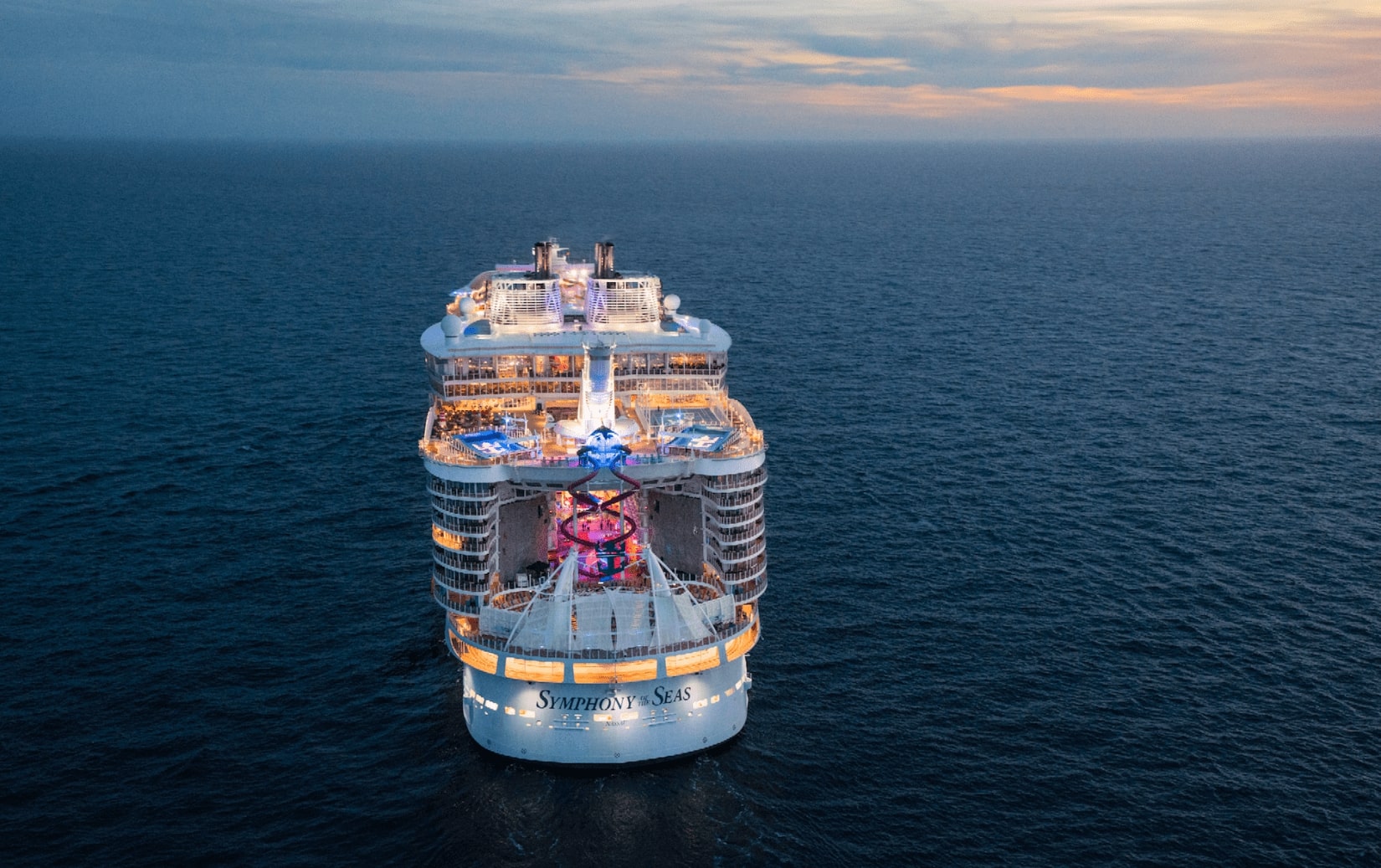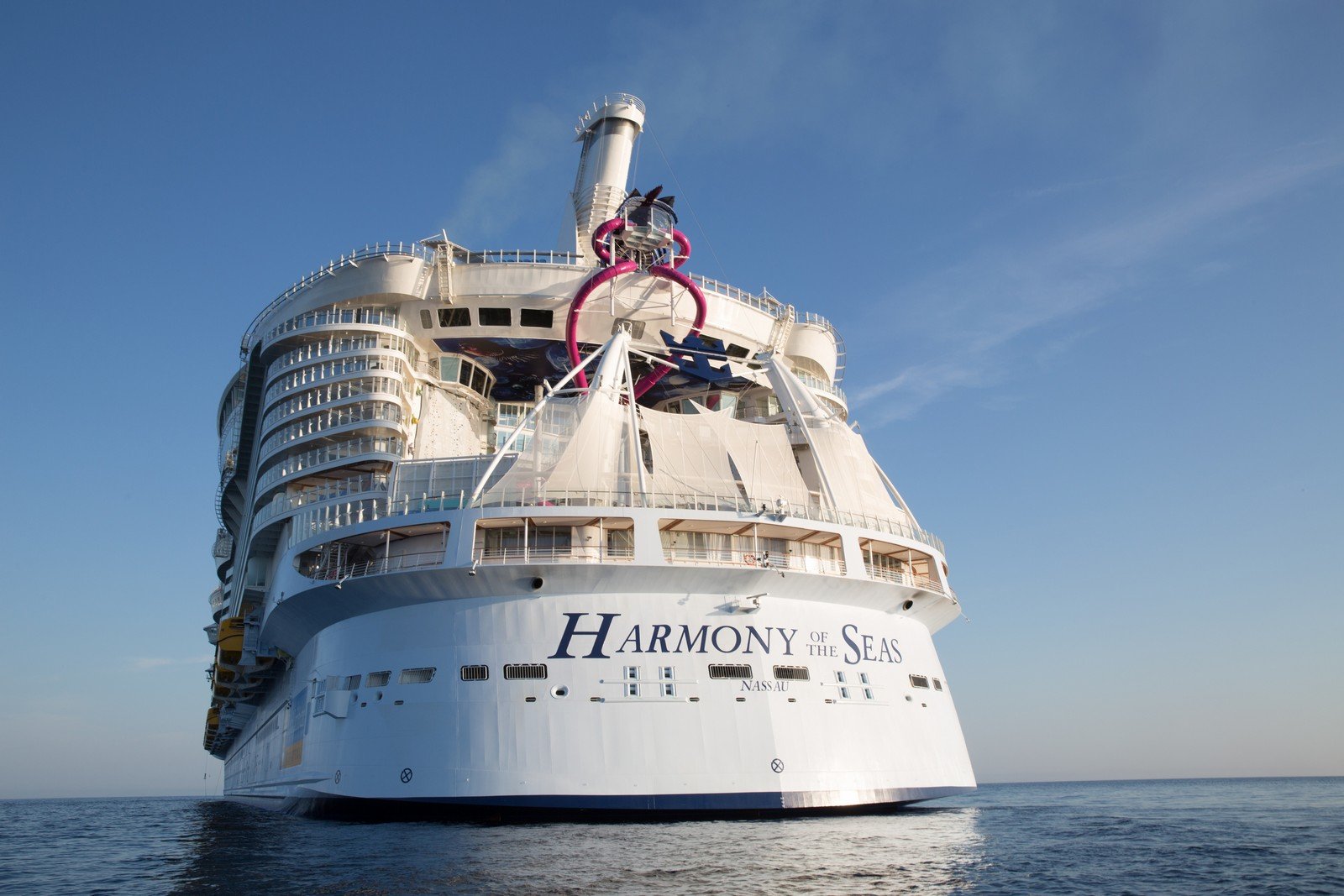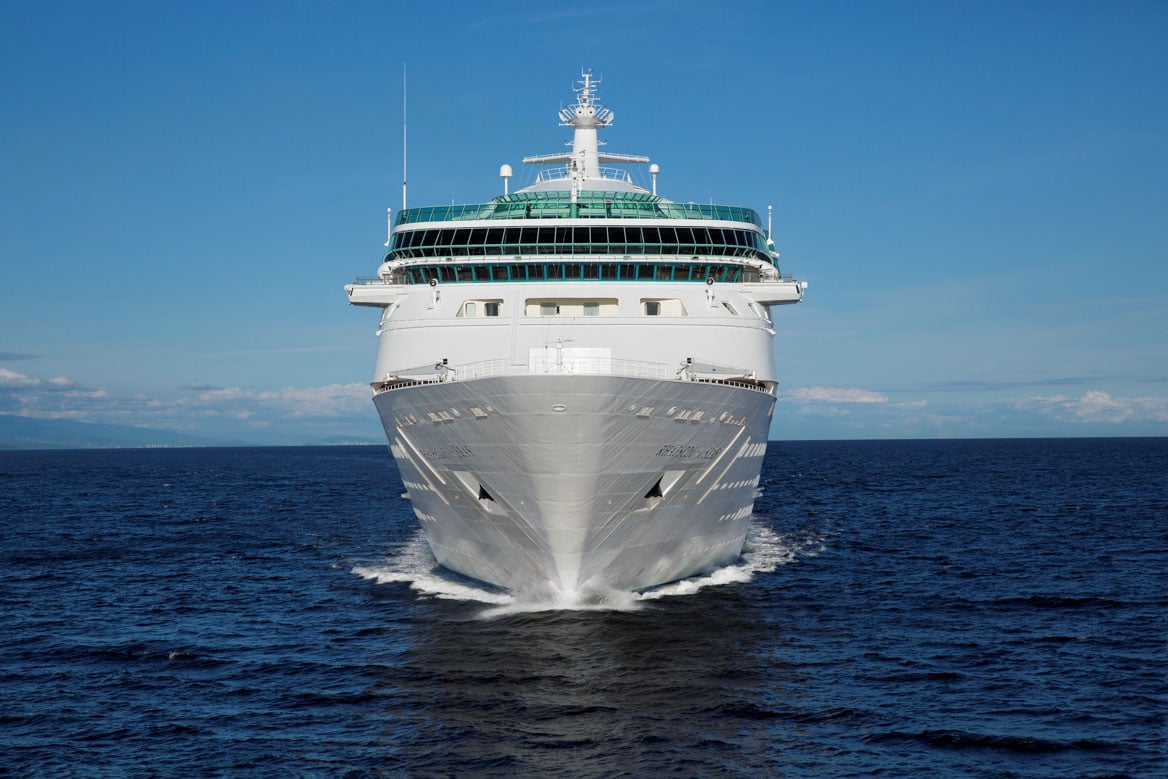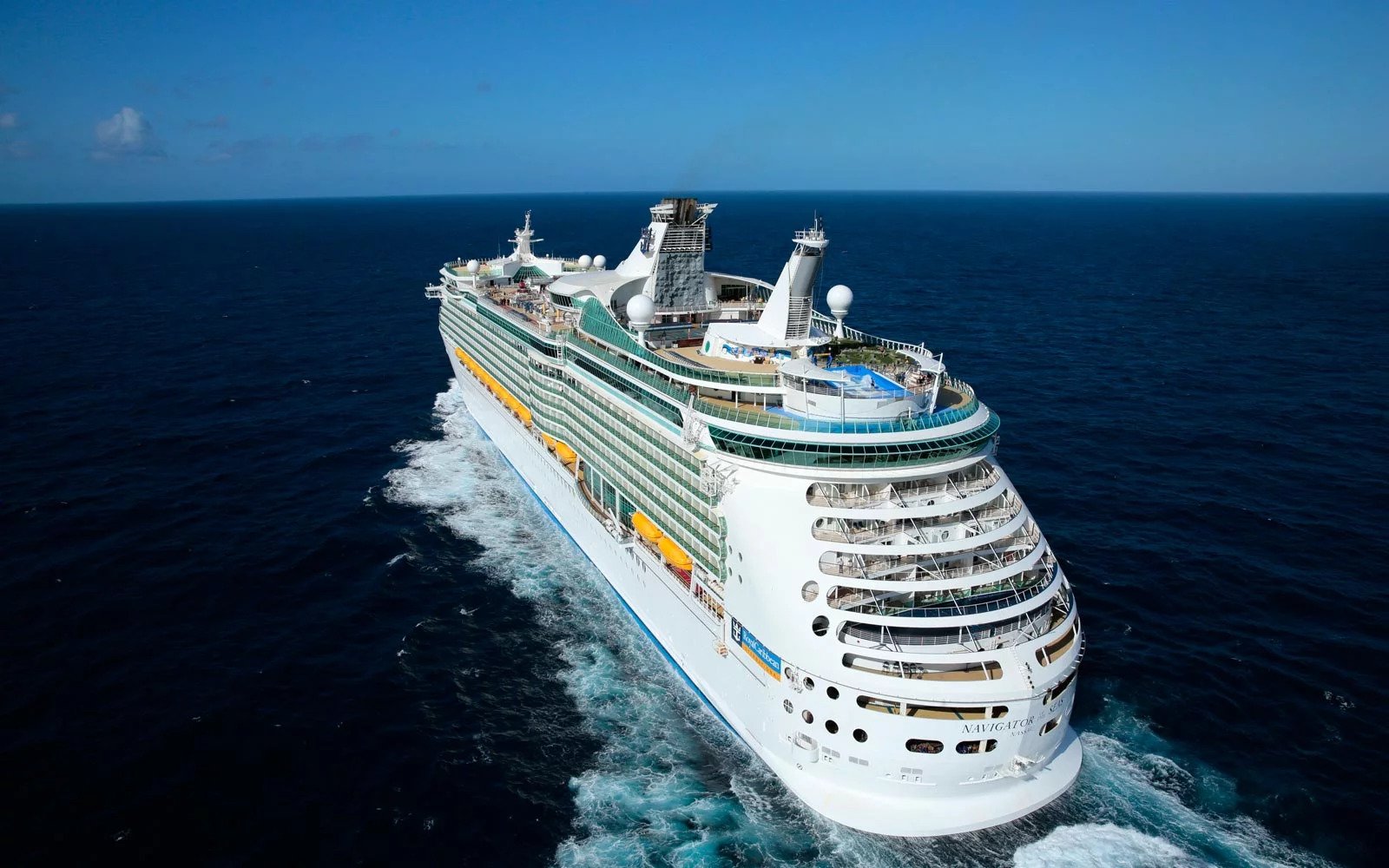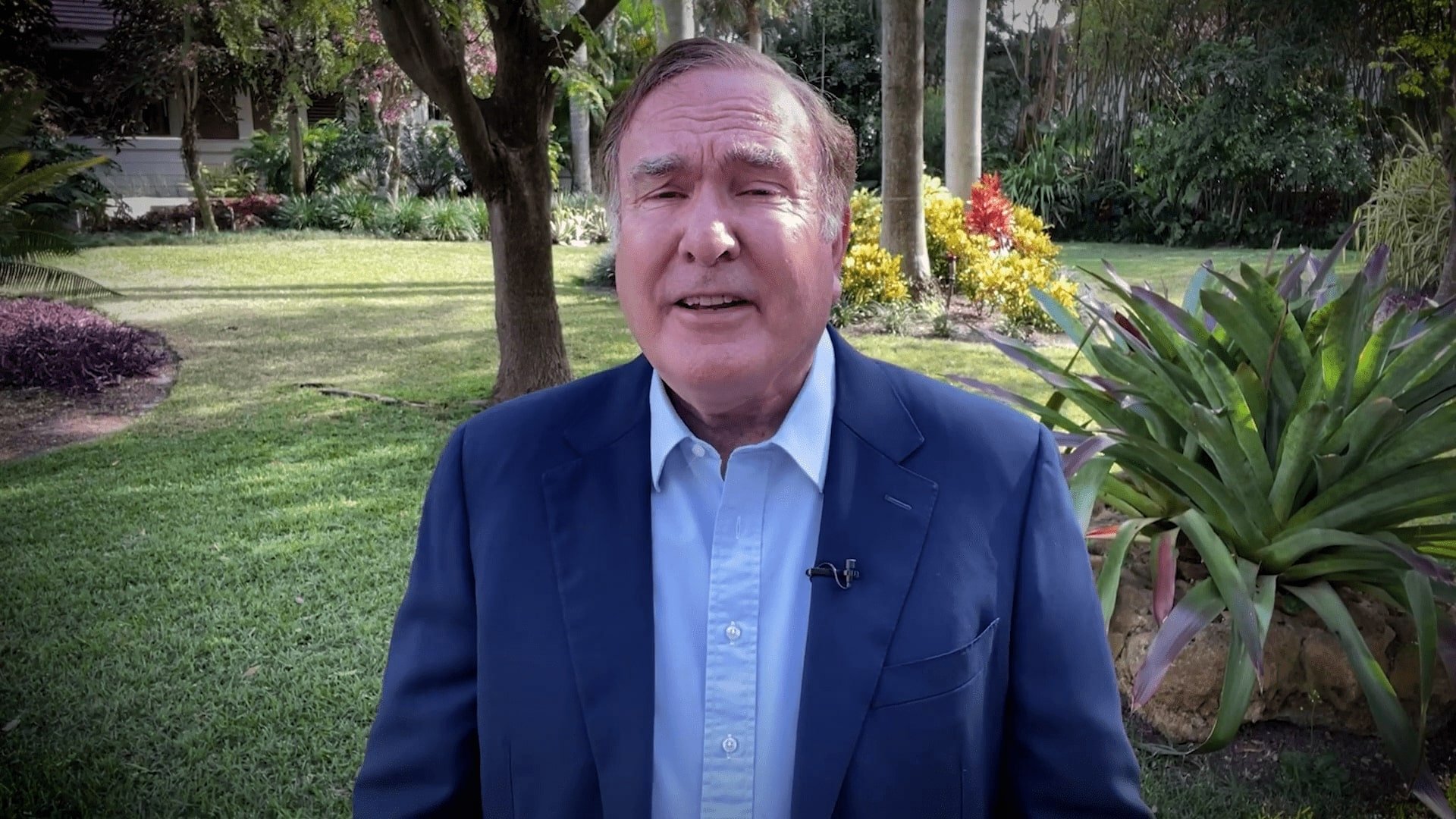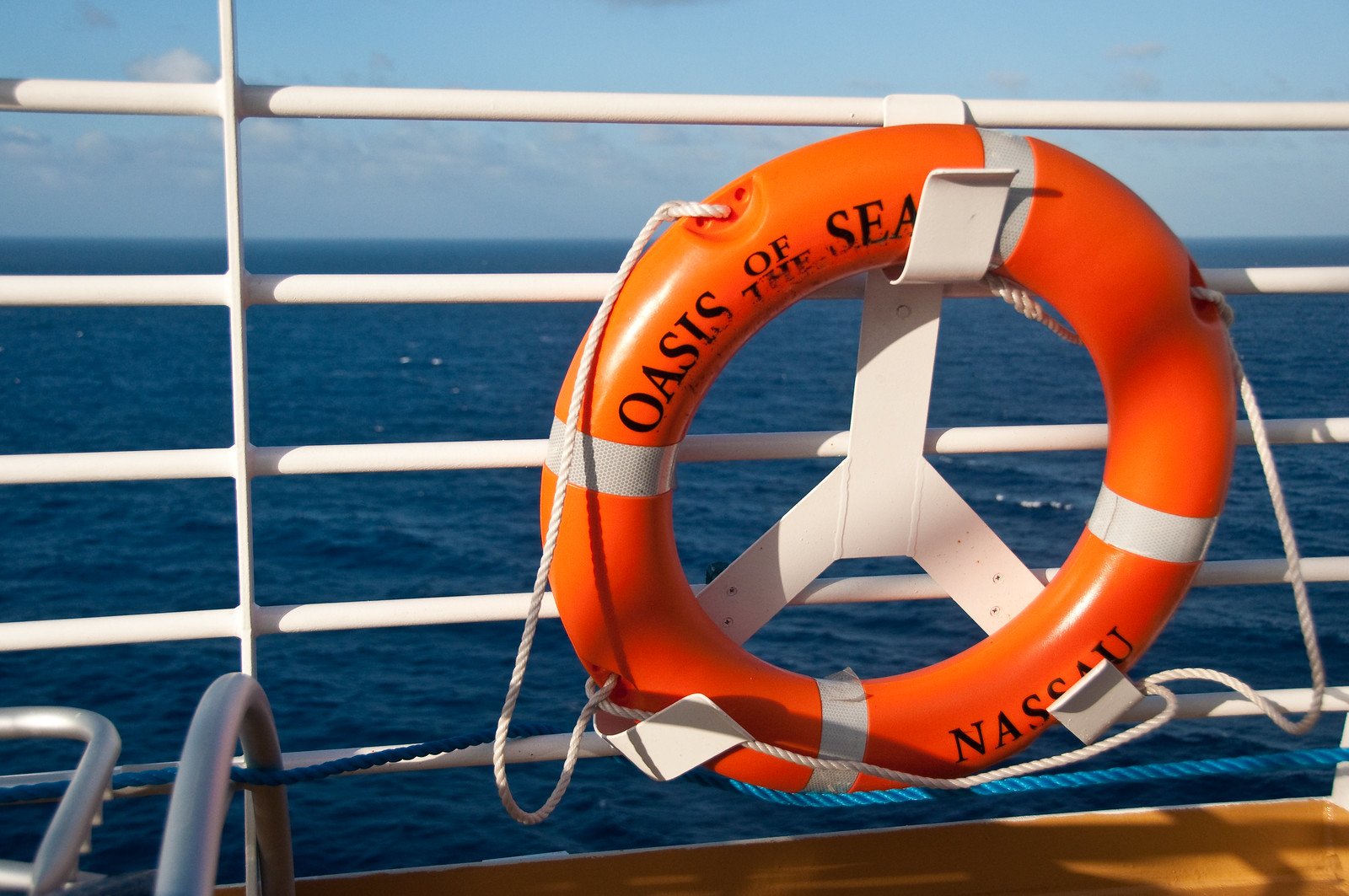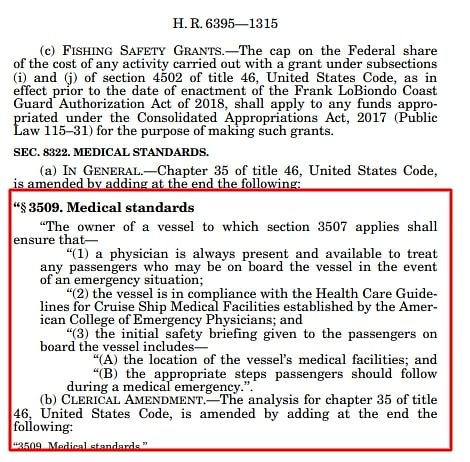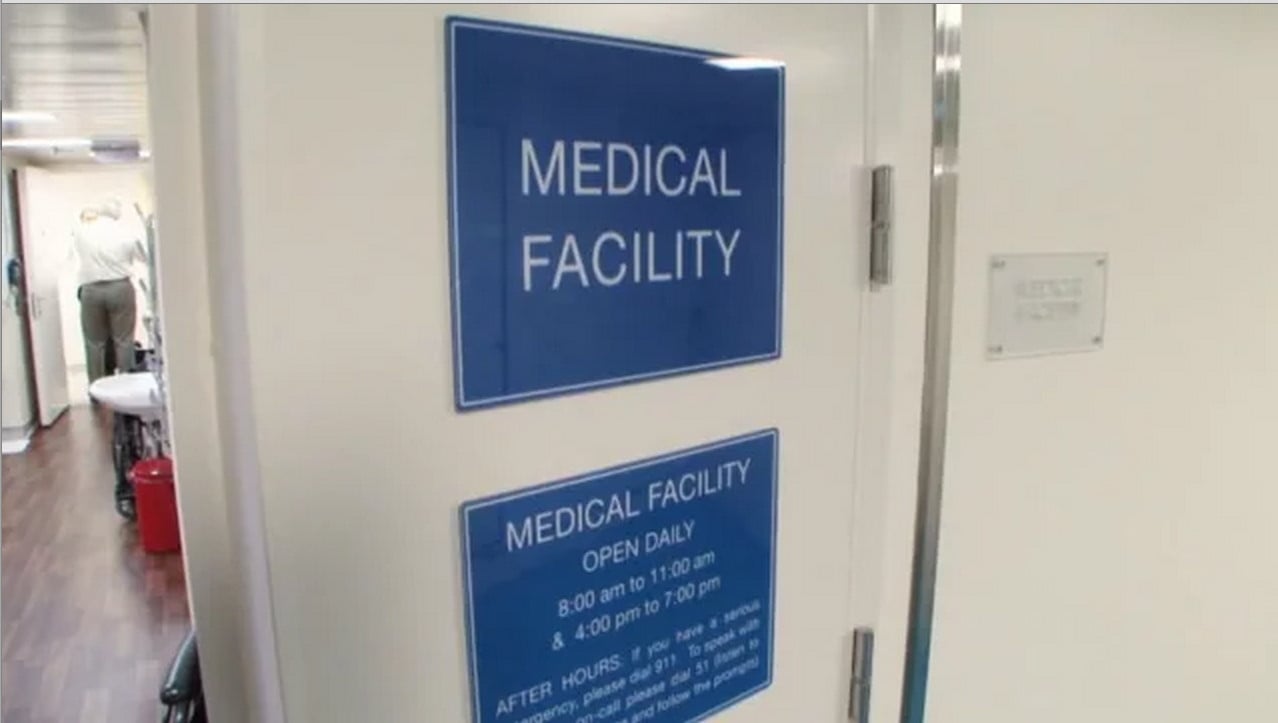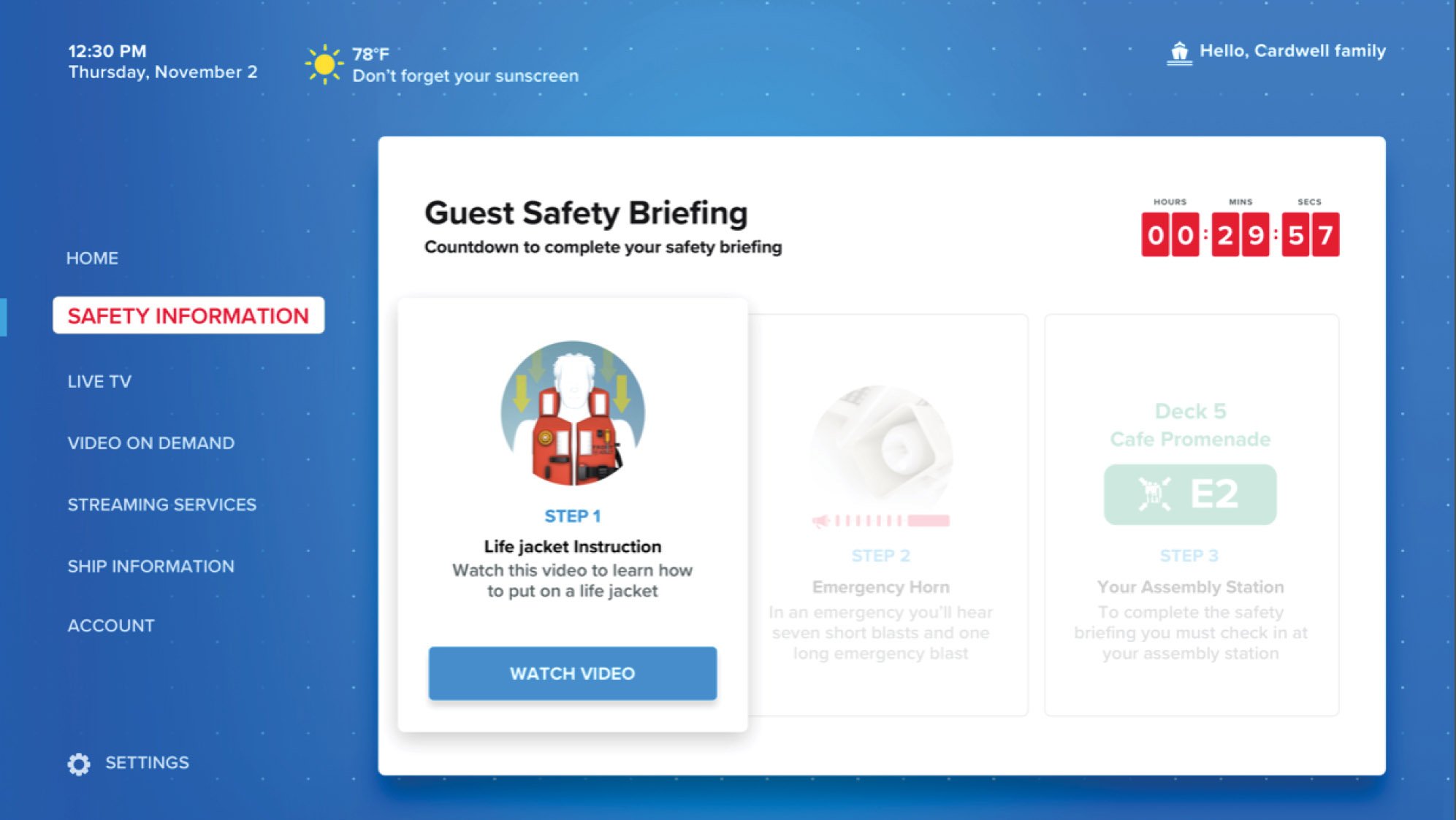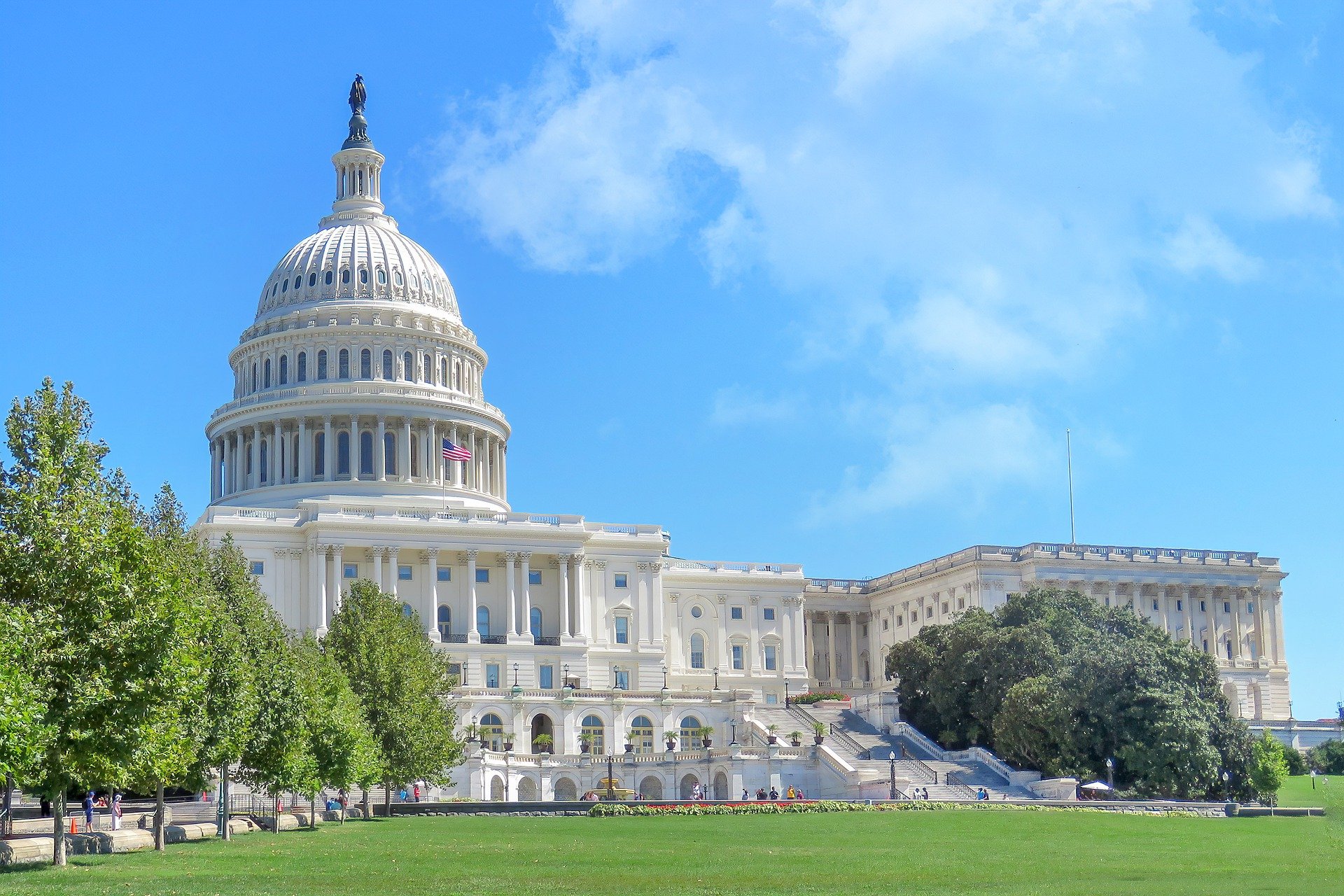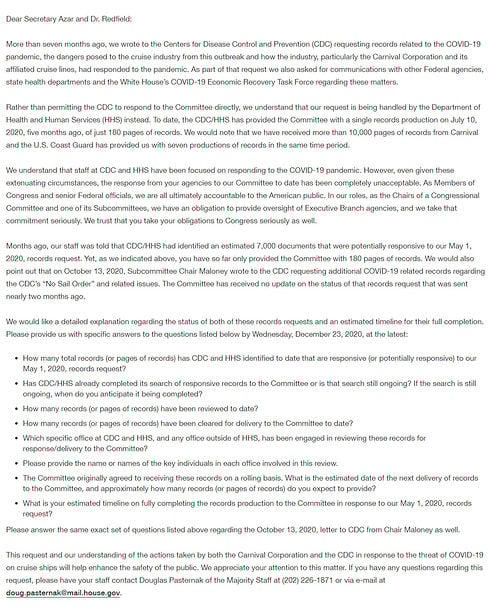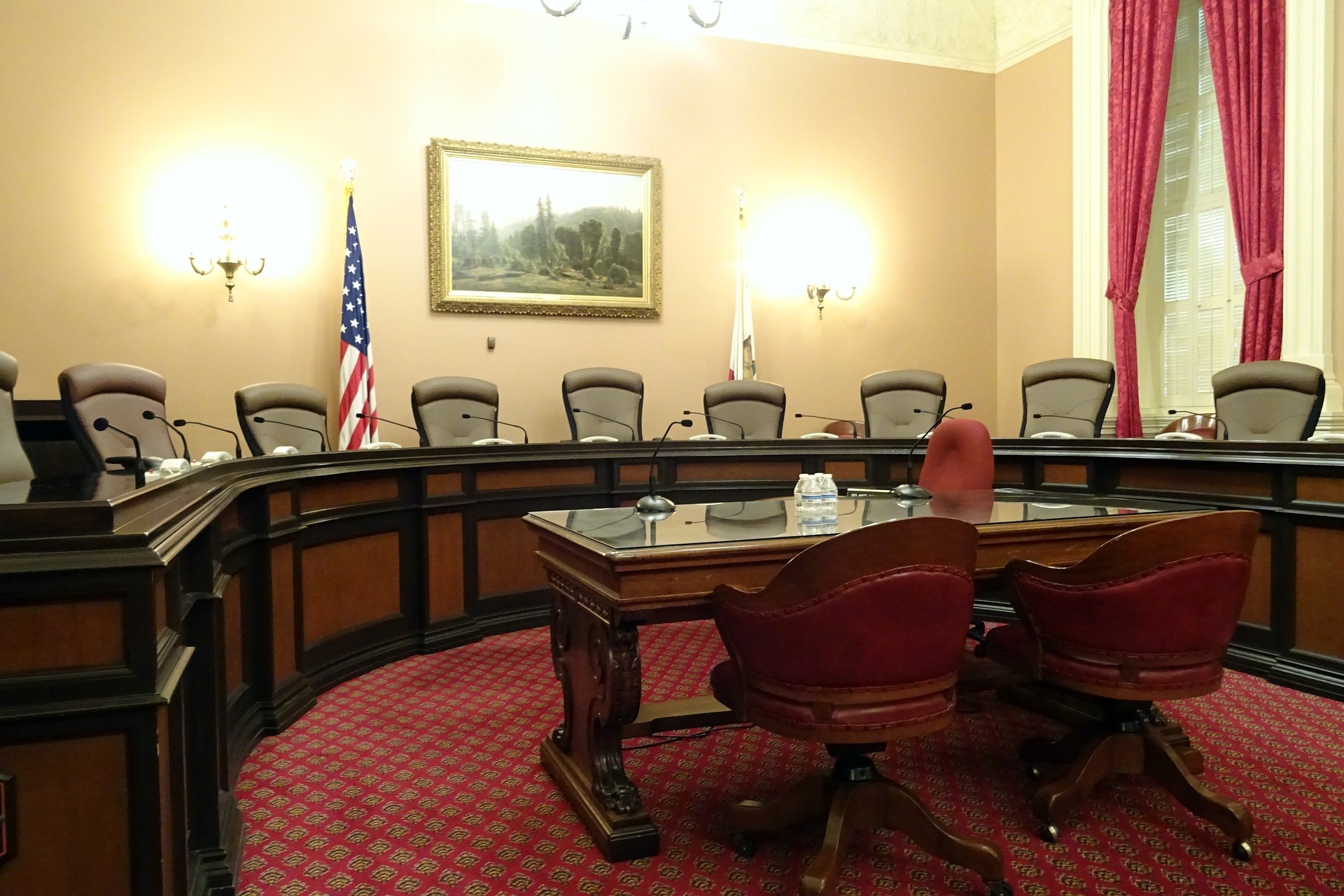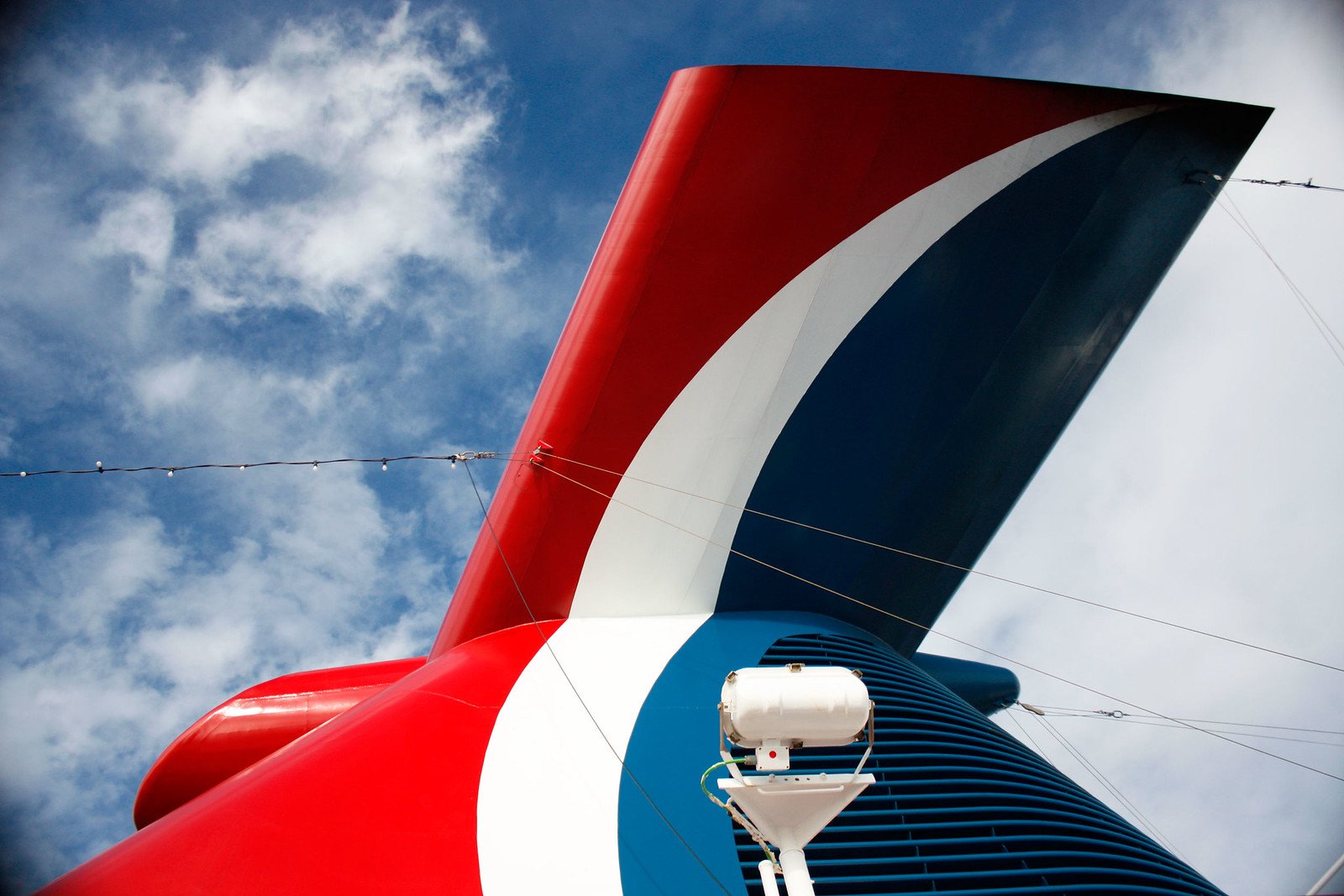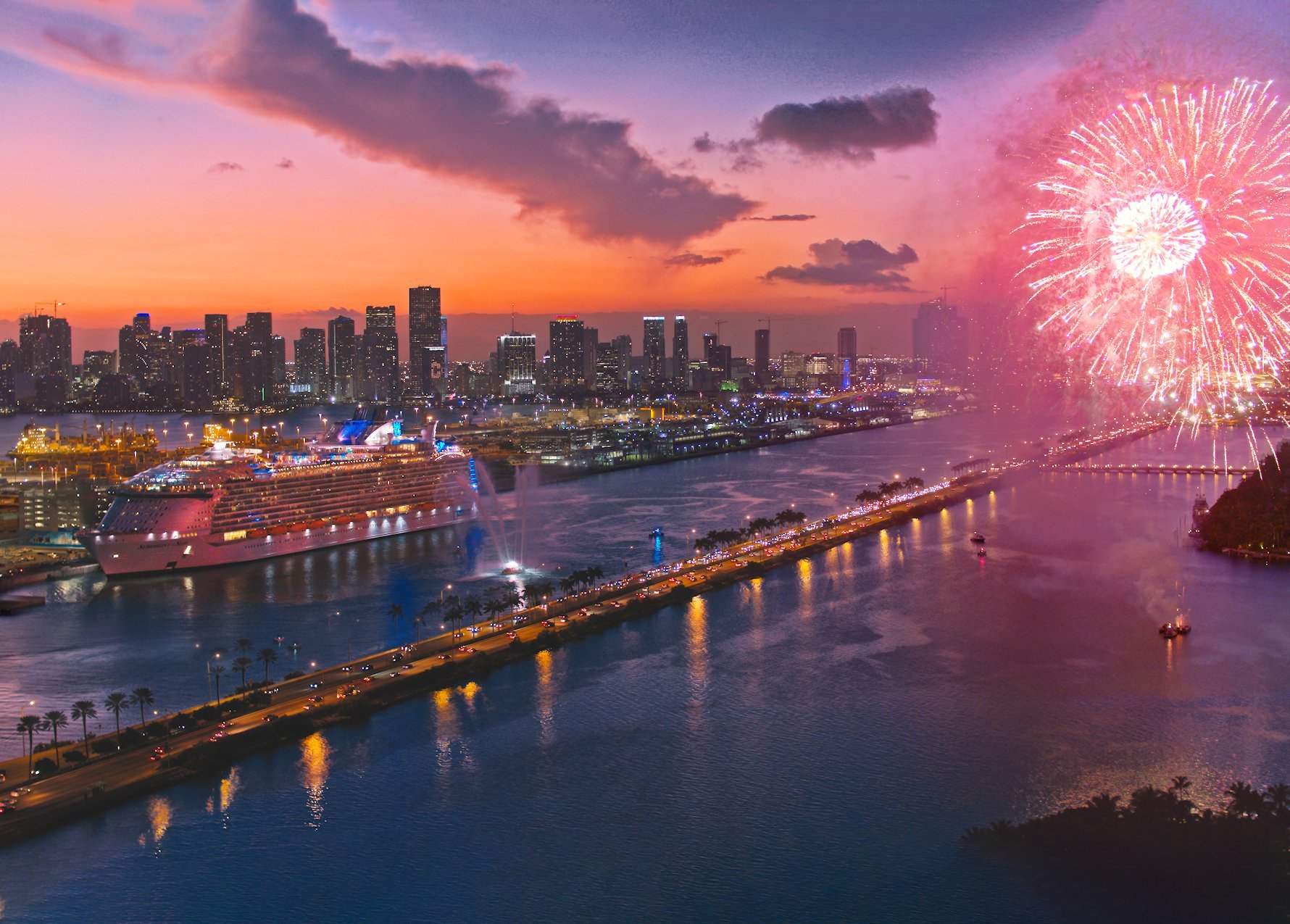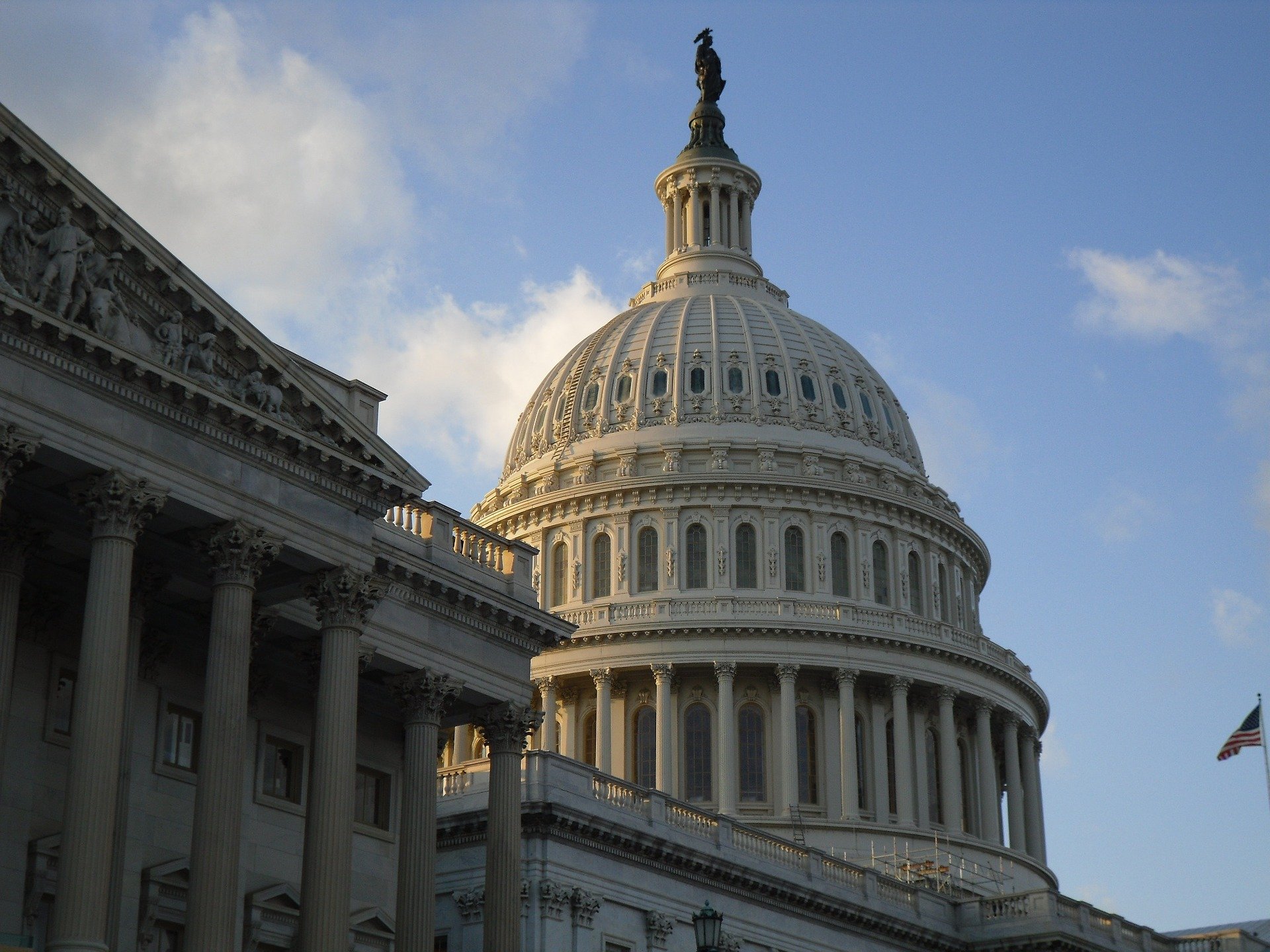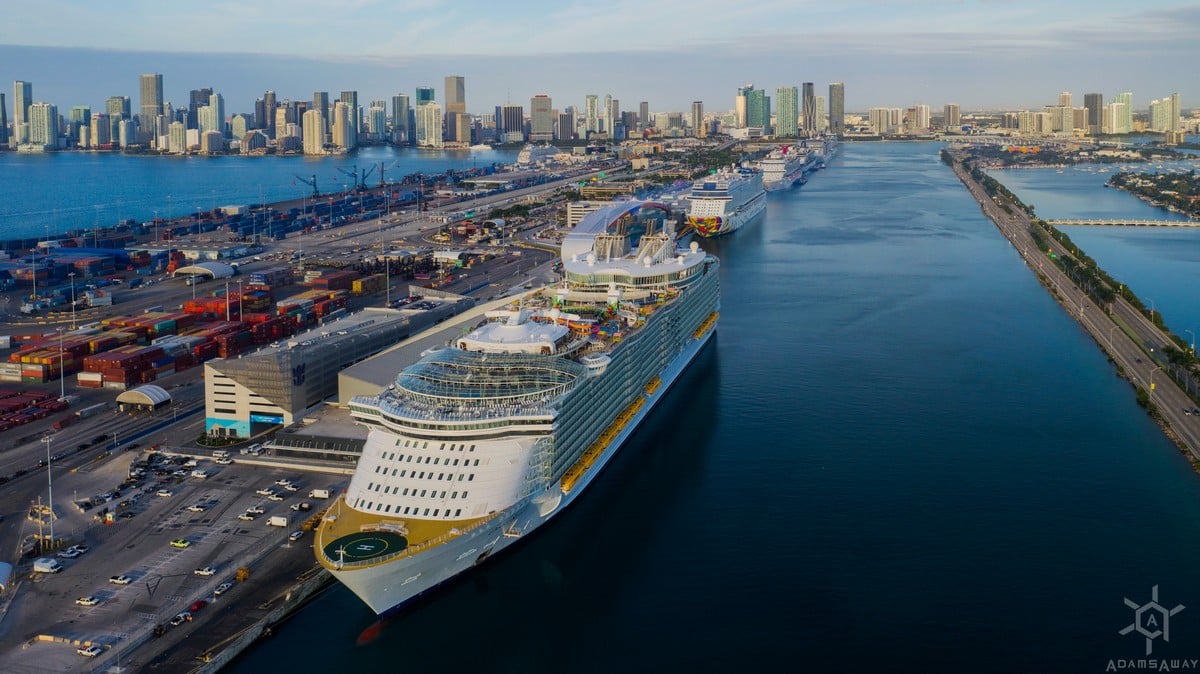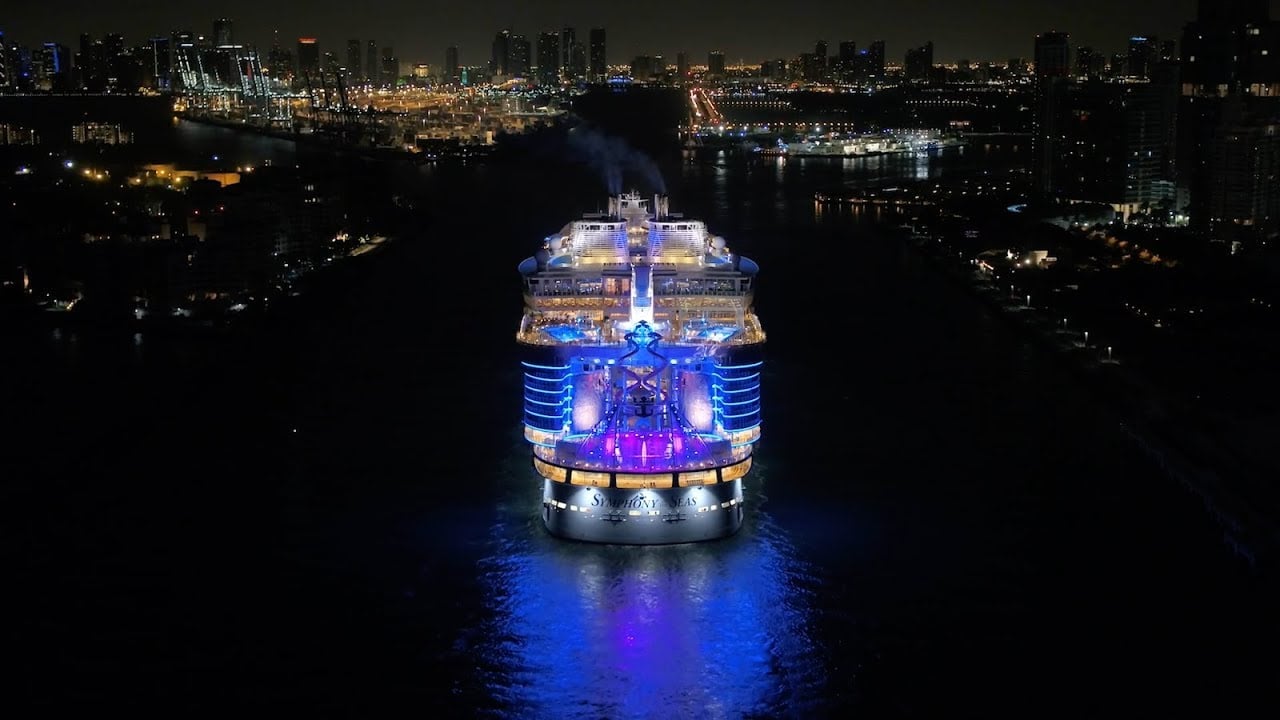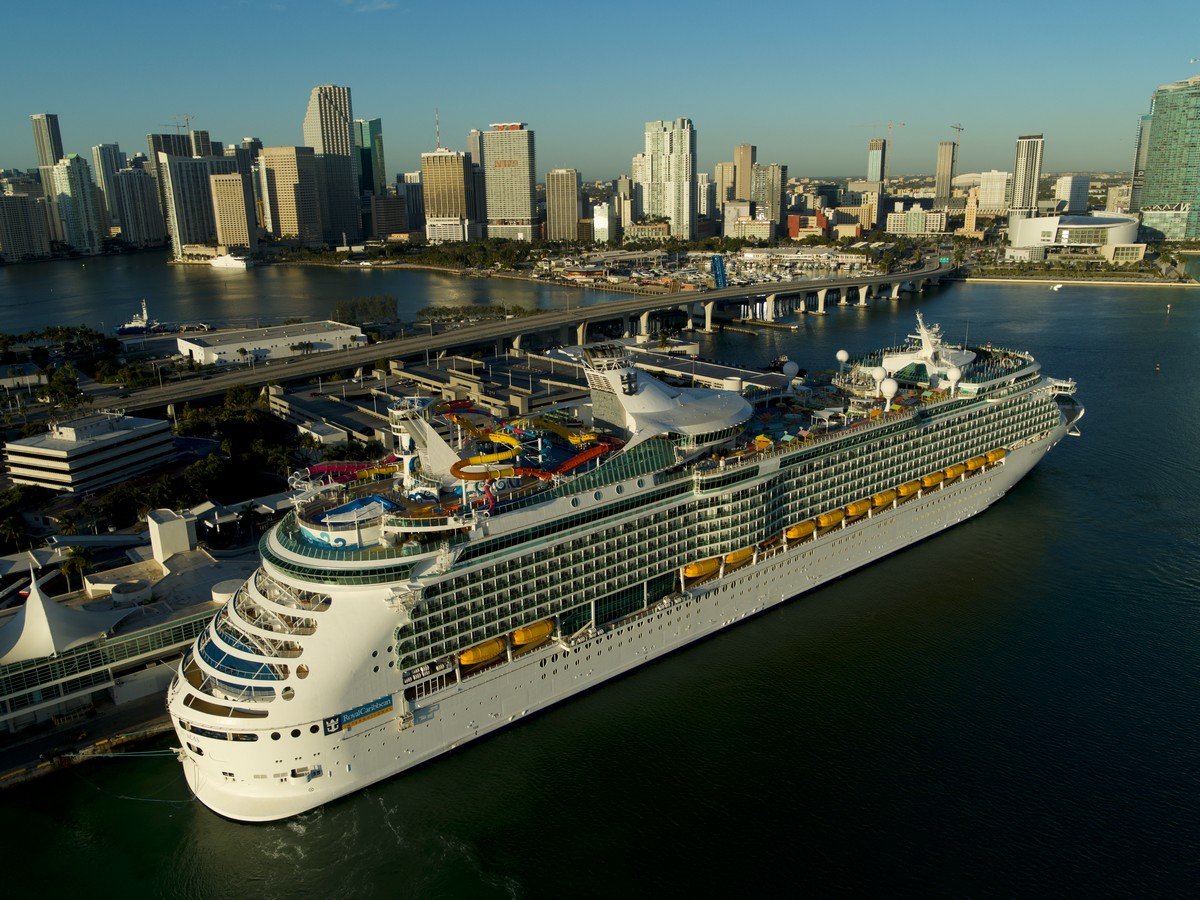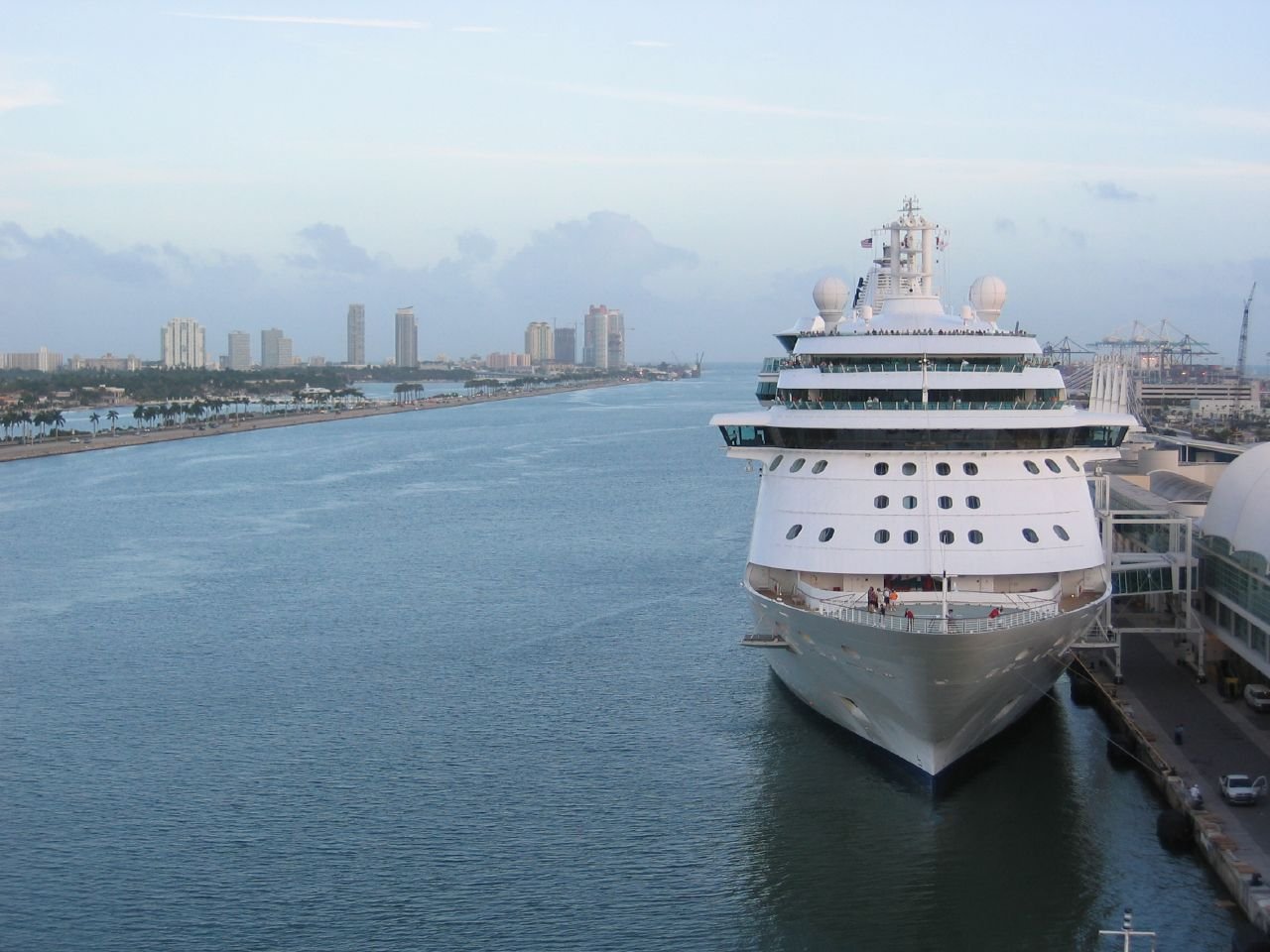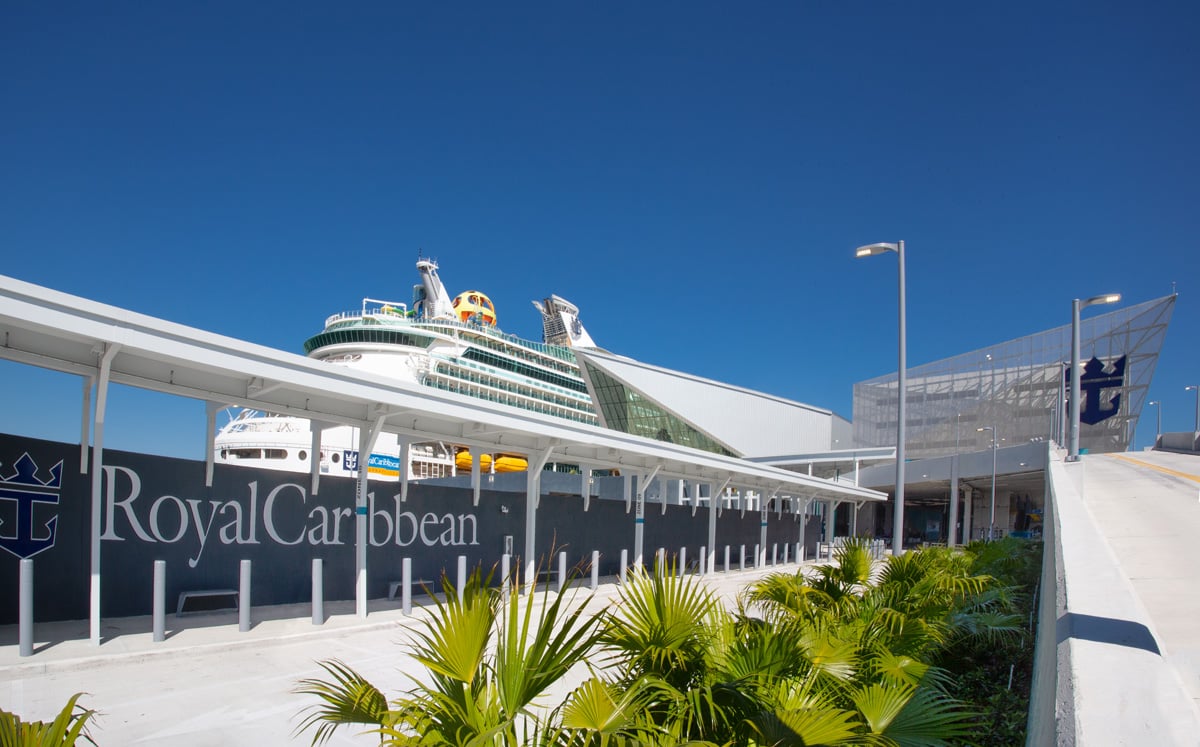How a government shutdown could affect cruise ships and travel
In:The government will go into a shutdown effective Wednesday, October 1, 2025, at 12:01 a.m. if Democrats and Republicans can't come to an agreement on federal funding.
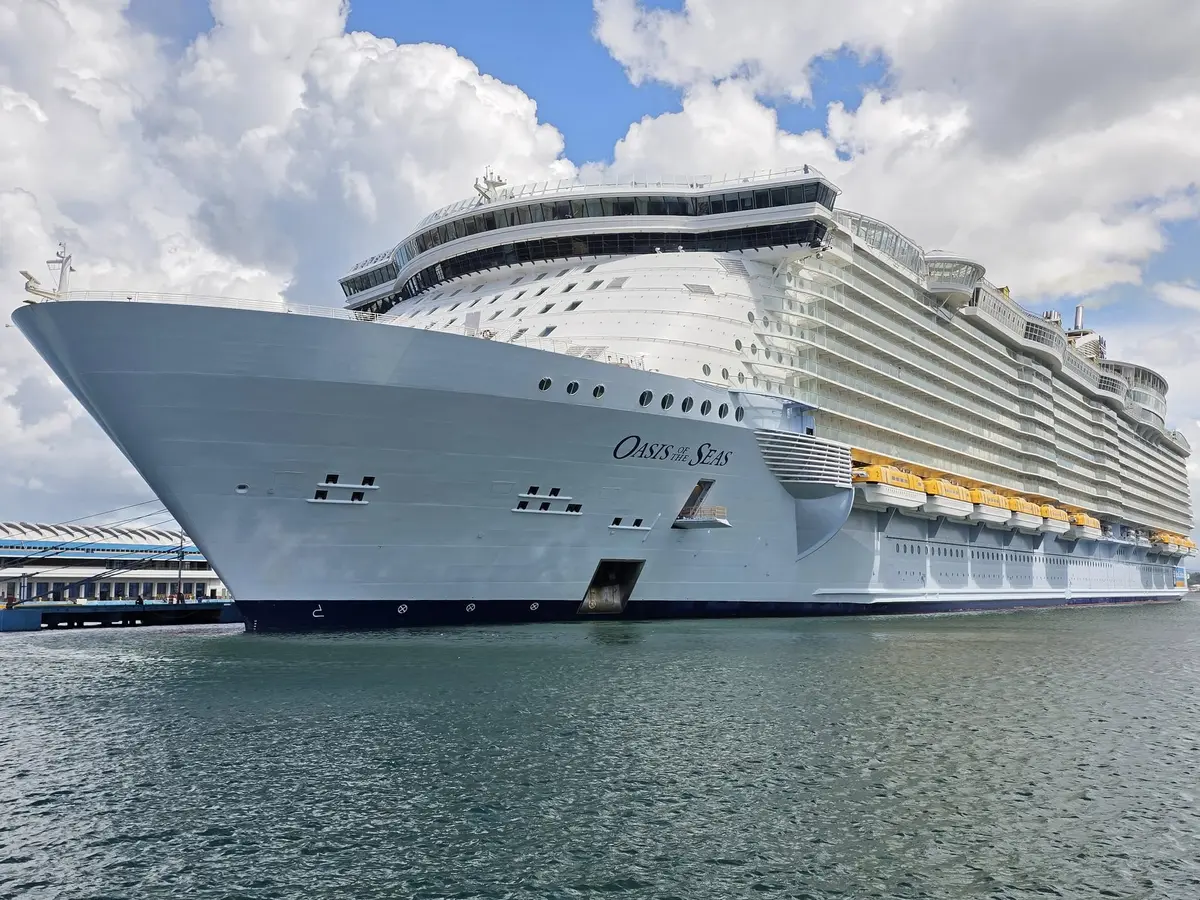
Essentially, the two parties can't agree on spending levels and which programs to fund or restore, especially around health care, in the bill.
Should the government shut down, most federal agencies would halt non-essential work, and many government employees would be furloughed.
Although essential federal workers — like air traffic controllers and Transportation Security Administration (TSA) agents — would remain on the job (albeit without pay), the government shutdown could still impact your upcoming cruise.
How would the government shutdown affect cruises?
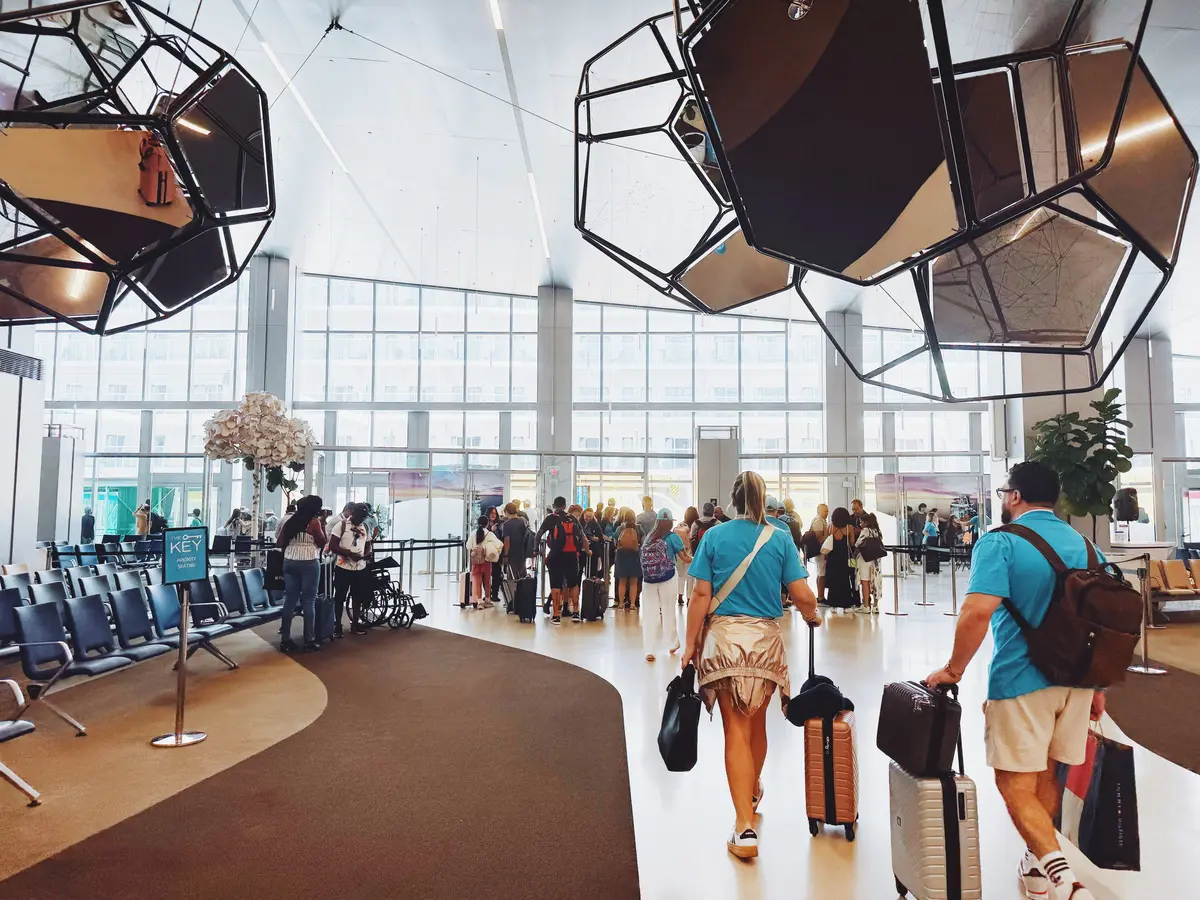
Based on previous government shutdowns, federal agencies like U.S. Customs and Border Protection, the Coast Guard, U.S. Immigration and Customs Enforcement, and the TSA remain operational since they're essential.
Additionally, port employees are considered essential, so there would likely be minimal disruptions to the cruises themselves. However, they would be working without pay during the shutdown. Instead, they'd get back pay once the funds are available.
Although short-term operations wouldn't be impacted too much, the issue is the long-term strain, as hiring and training activities are typically paused during a shutdown.
Will the shutdown impact air travel?
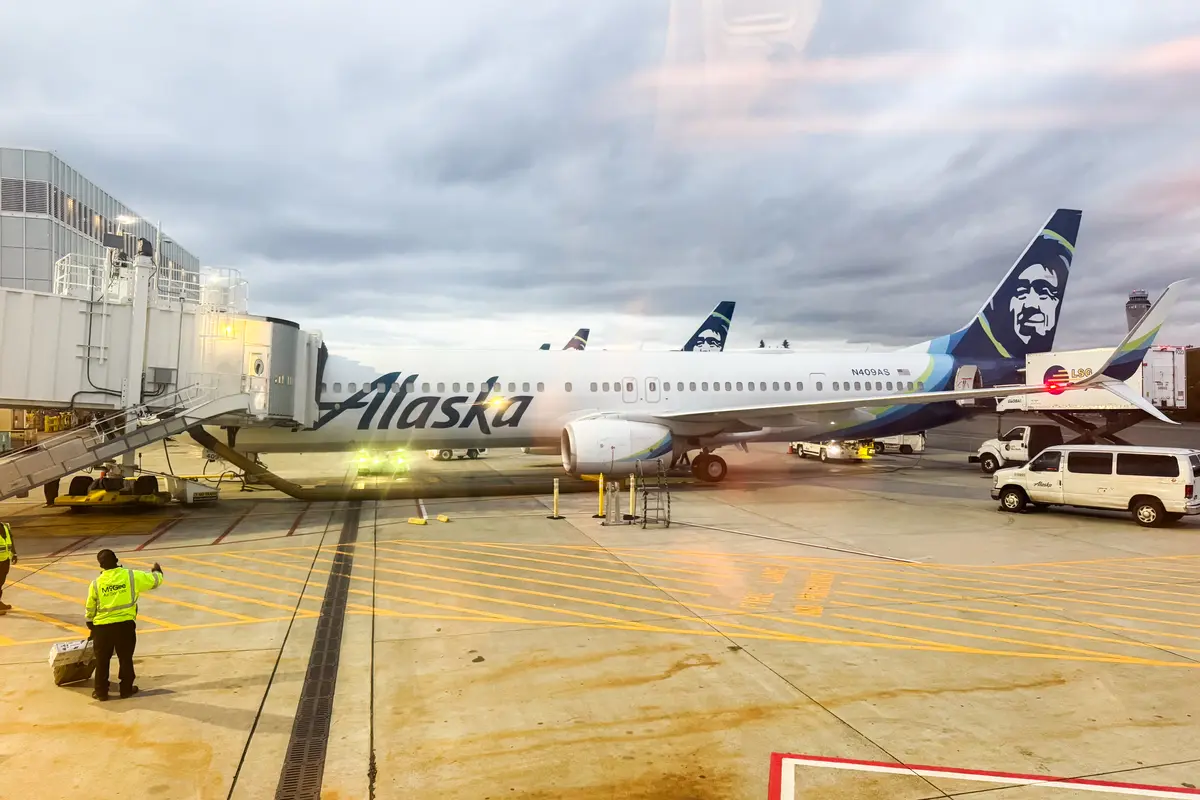
There isn't a concern about whether planes will fly (they will). The bigger issue is how smoothly airports function during a government shutdown.
The TSA and Federal Aviation Administration (FAA) are essential services, so air traffic controllers and security screeners will continue to work — but without pay. That said, fliers could still feel the effects if the shutdown drags on and agents begin calling out of work in protest.
In 2019, for example, TSA agents and FAA controllers began skipping work after two weeks of no pay. As such, it's not uncommon to see longer lines at airport security and more flight delays than usual, especially at major hubs.
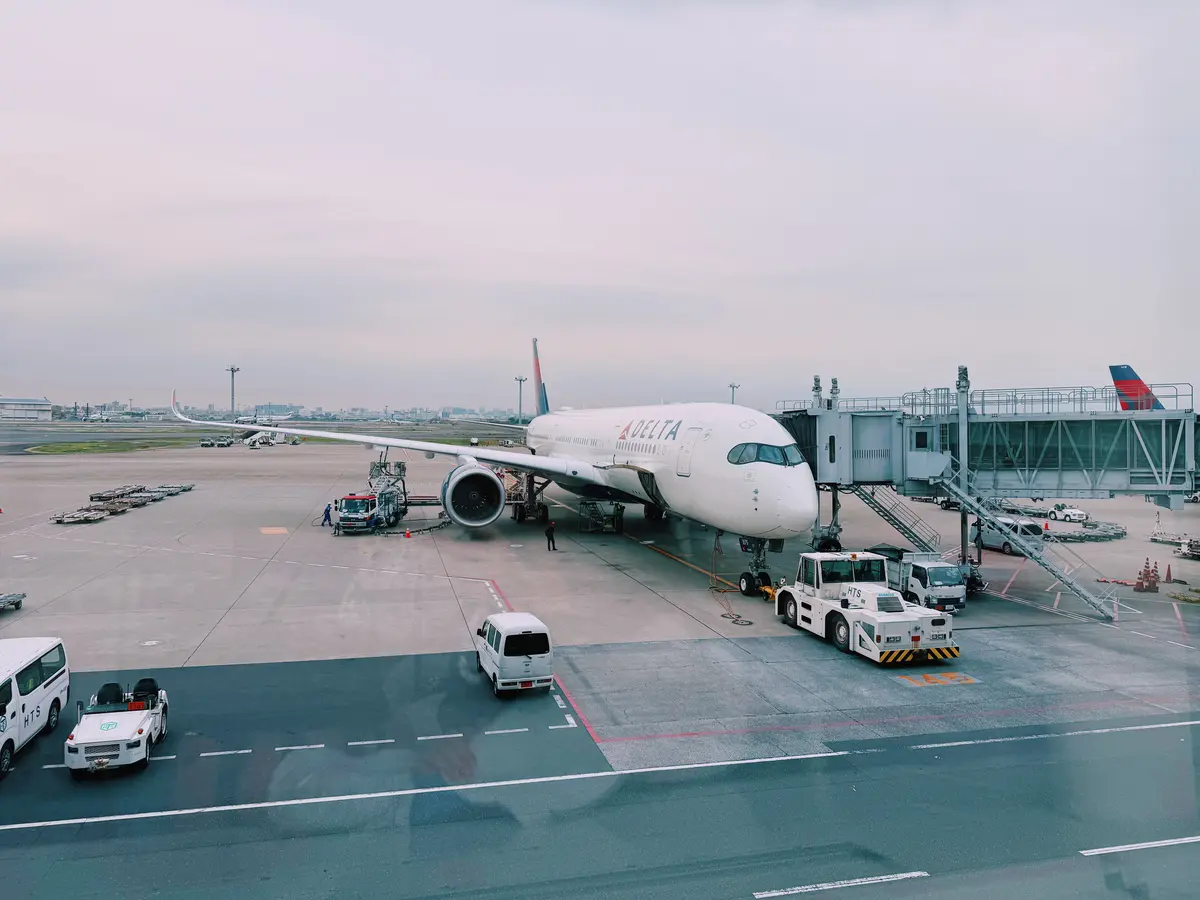
"The truth is, most people won't really feel much of a difference," Maya MacGuineas, the president of the Committee for a Responsible Federal Budget, told CBS News.
"If you've got a vacation planned to a National Park, you're going to be [upset] and disappointed. But most people will go on with their everyday lives and interact with the government the same way they do, and not feel a big difference. That could get worse, the longer it lasts."
Can I renew my passport for my cruise during a shutdown?
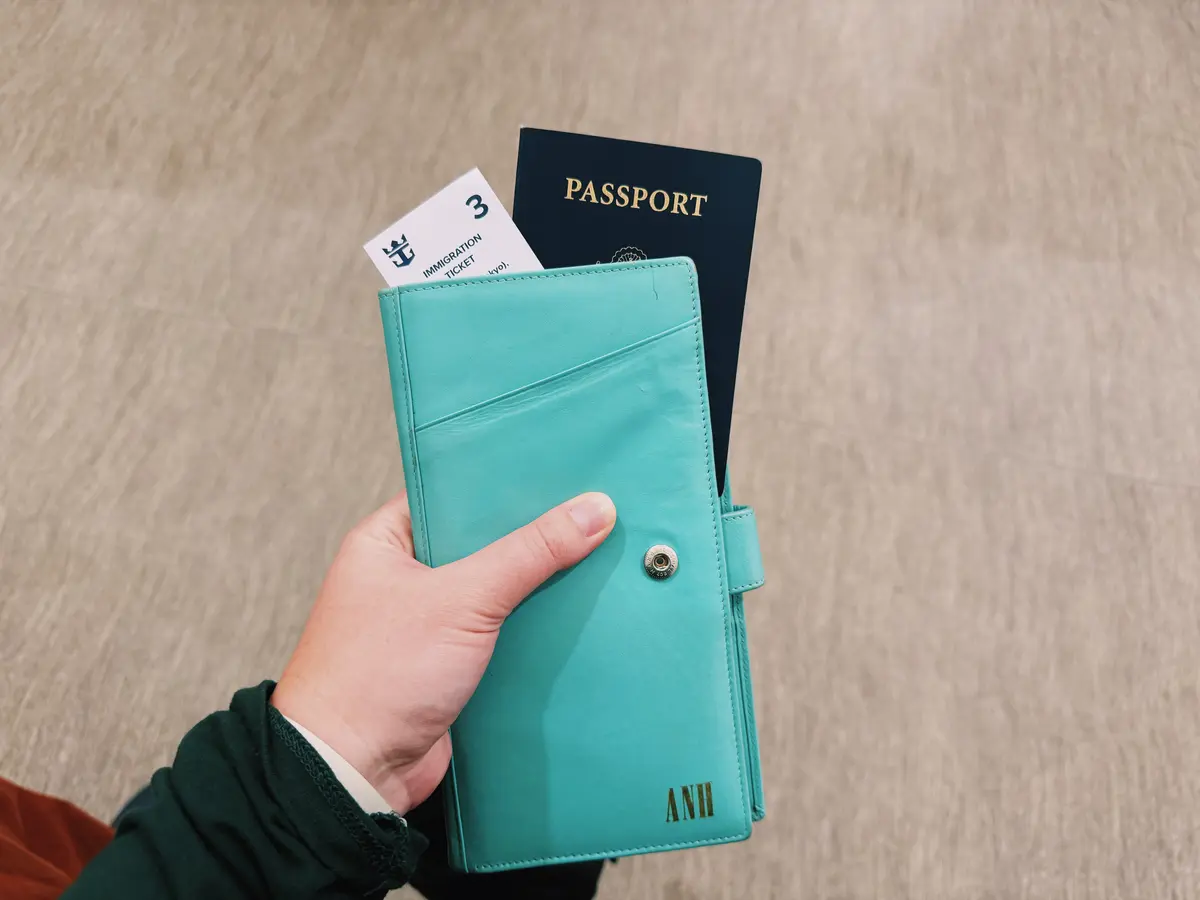
TSA PreCheck, visa, and passport operations are fee-funded and not normally impacted by a shutdown.
However, passport applications may be delayed, so you should not wait until the last minute to renew or apply for one. If a passport office is in a building run by a different shuttered agency, it could close, too.
Global Entry is a different story. During the 2018-2019 shutdown, Global Entry appointments at a few enrollment centers were randomly cancelled with no rescheduled date available.
Should I cancel my upcoming travel plans?
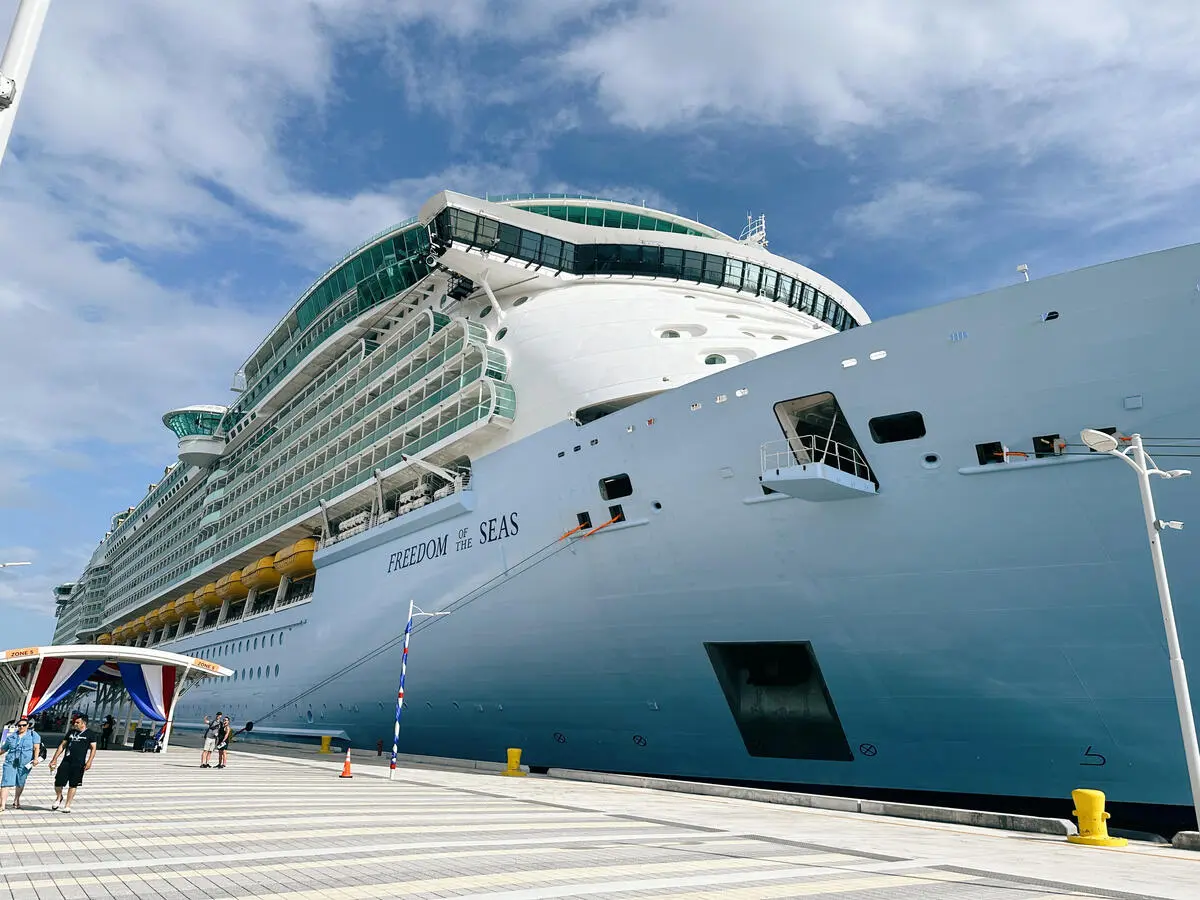
No, you should not cancel your cruise if the government shuts down on Oct. 1. That said, you should be extra patient, especially if you're flying to the cruise port.
If cruise ports and airports are understaffed, check-in and security could take longer to clear. Additionally, it could take more time for the cruise ship to be cleared before guests can begin disembarking.
Royal Caribbean Blog reader Don Goldstein noted that during a previous government shutdown, he was stuck on board when the ship returned to Florida:
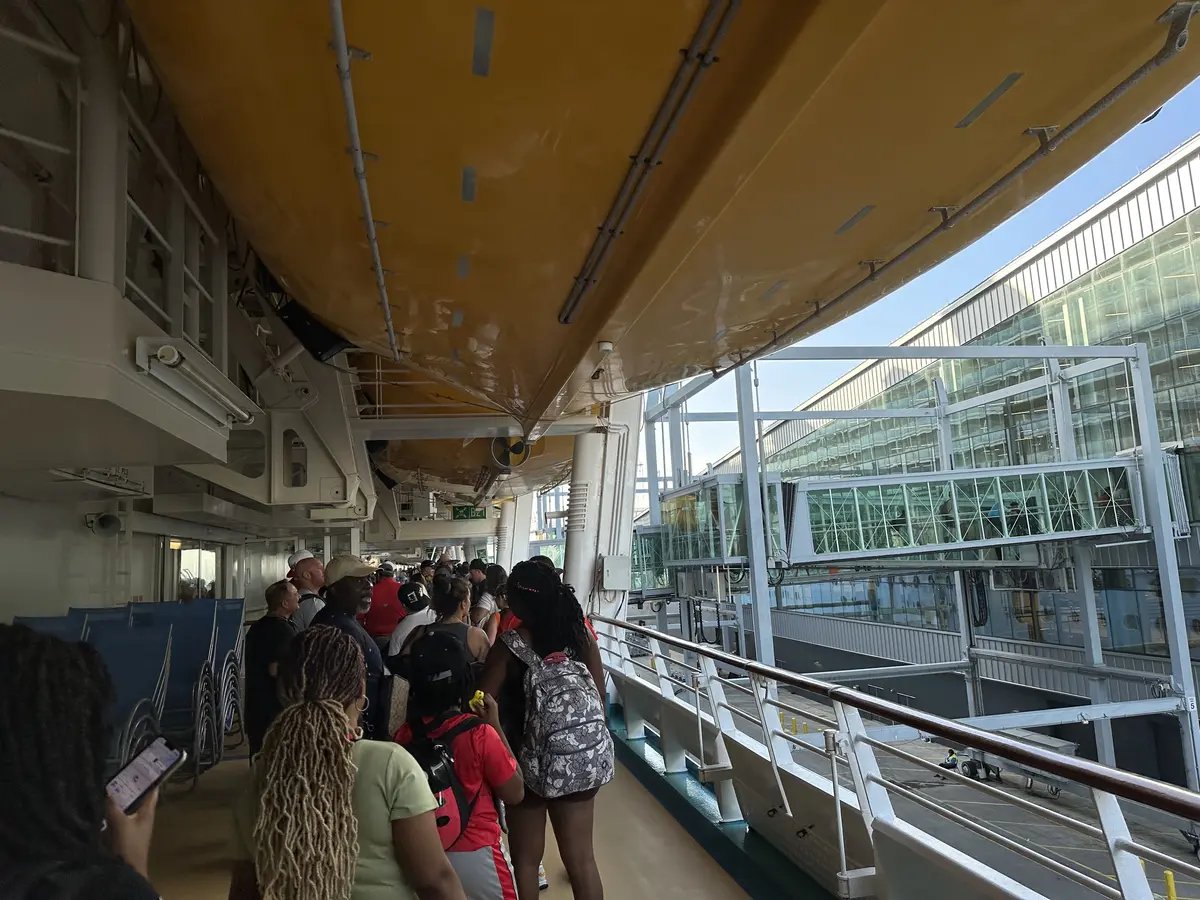
"[We] came into port after a cruise, Port Everglades, I think, and it took us about 4 hours to get off the ship due to lack of ICE staffing at the port."
Because of this, it is crucial that you remain flexible and don't book the earliest flight home (you shouldn't do this regardless).
If you cannot get off as early as you thought, don't panic; contact your airline or travel provider as soon as possible. They will help rebook you on the next available flight.
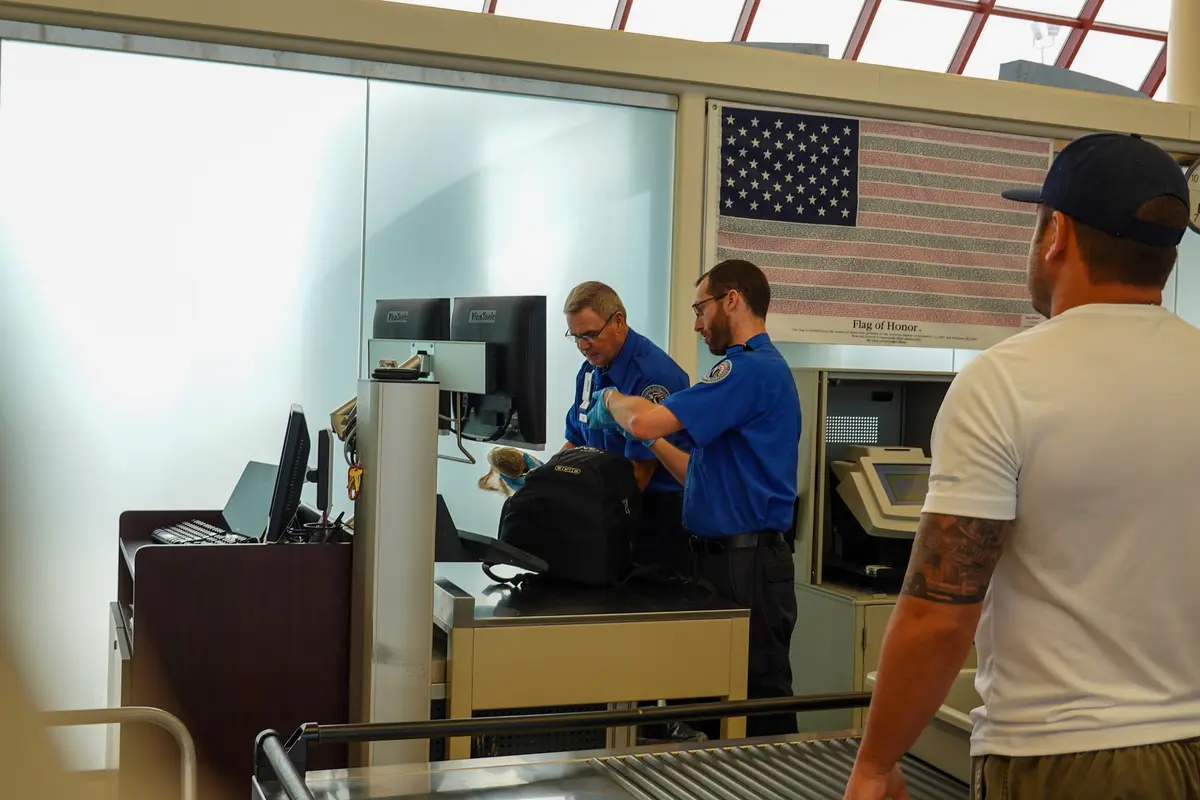
Additionally, you should not fly to your cruise port on the day of embarkation. Arriving at least one day early gives you a buffer in case of flight delays or cancellations, which can be even more common during a government shutdown when essential airport employees might not show up.
Give yourself extra time at the airport, too. Even if your flight is on time, it may take longer to check your bag and go through security.


